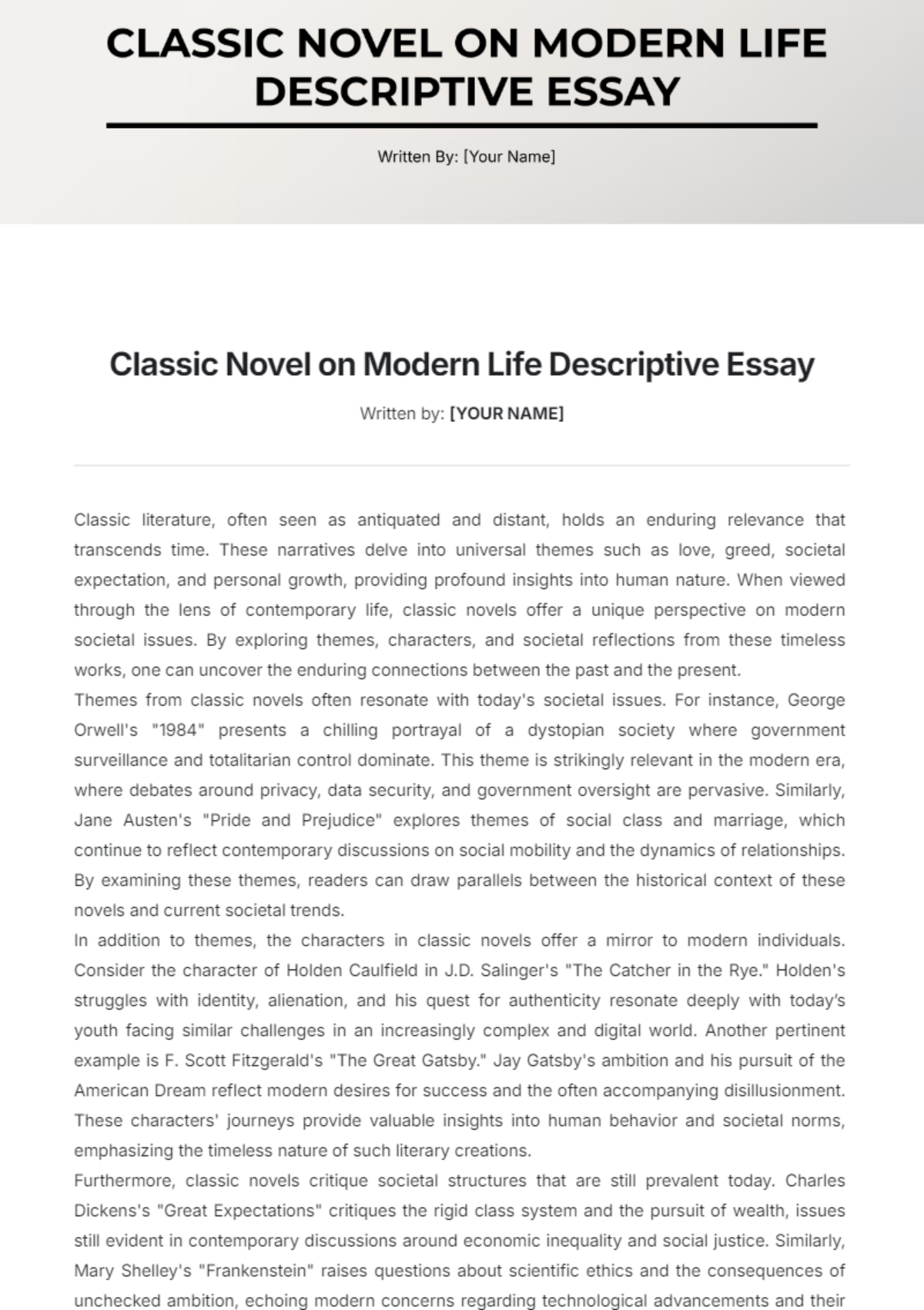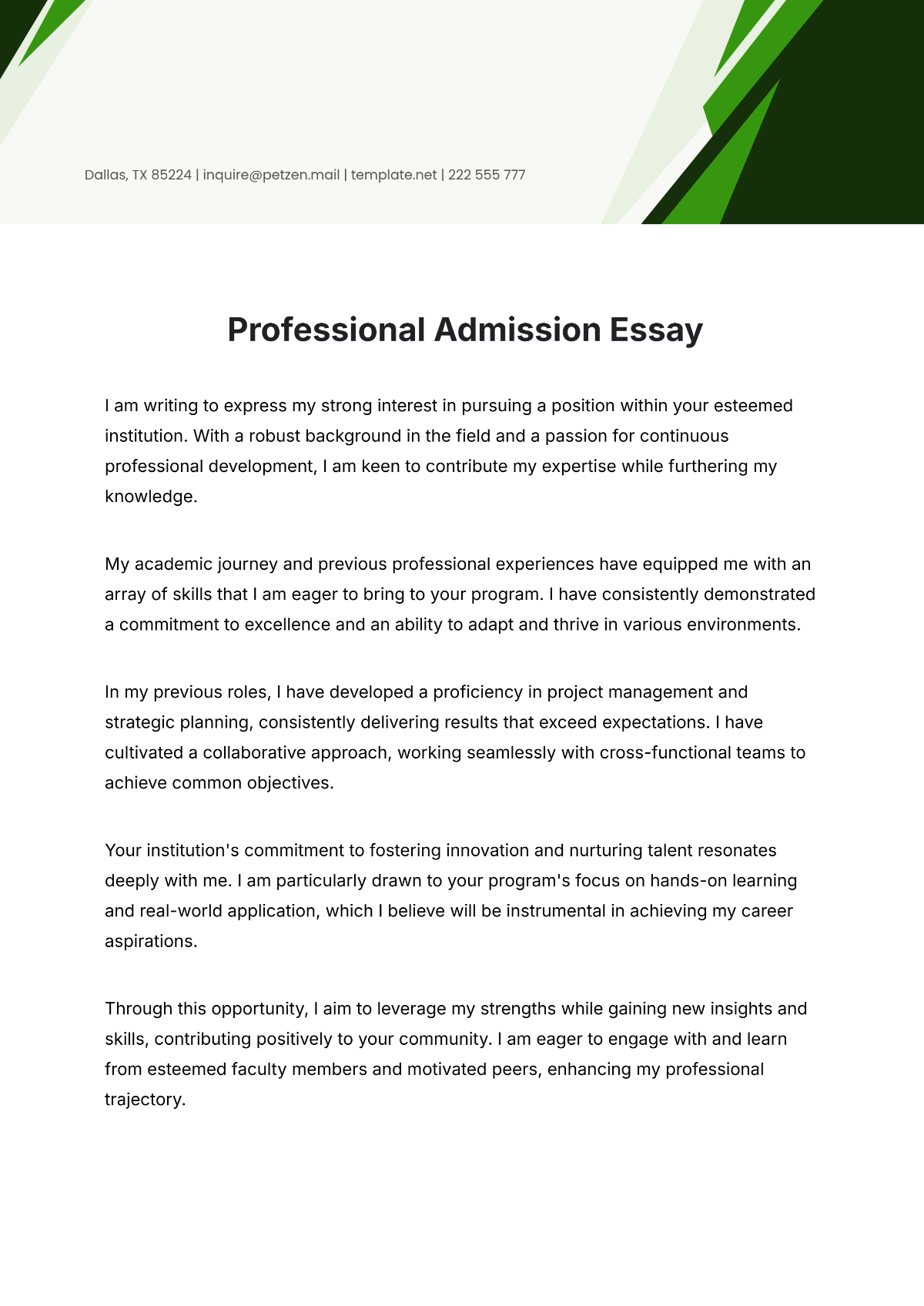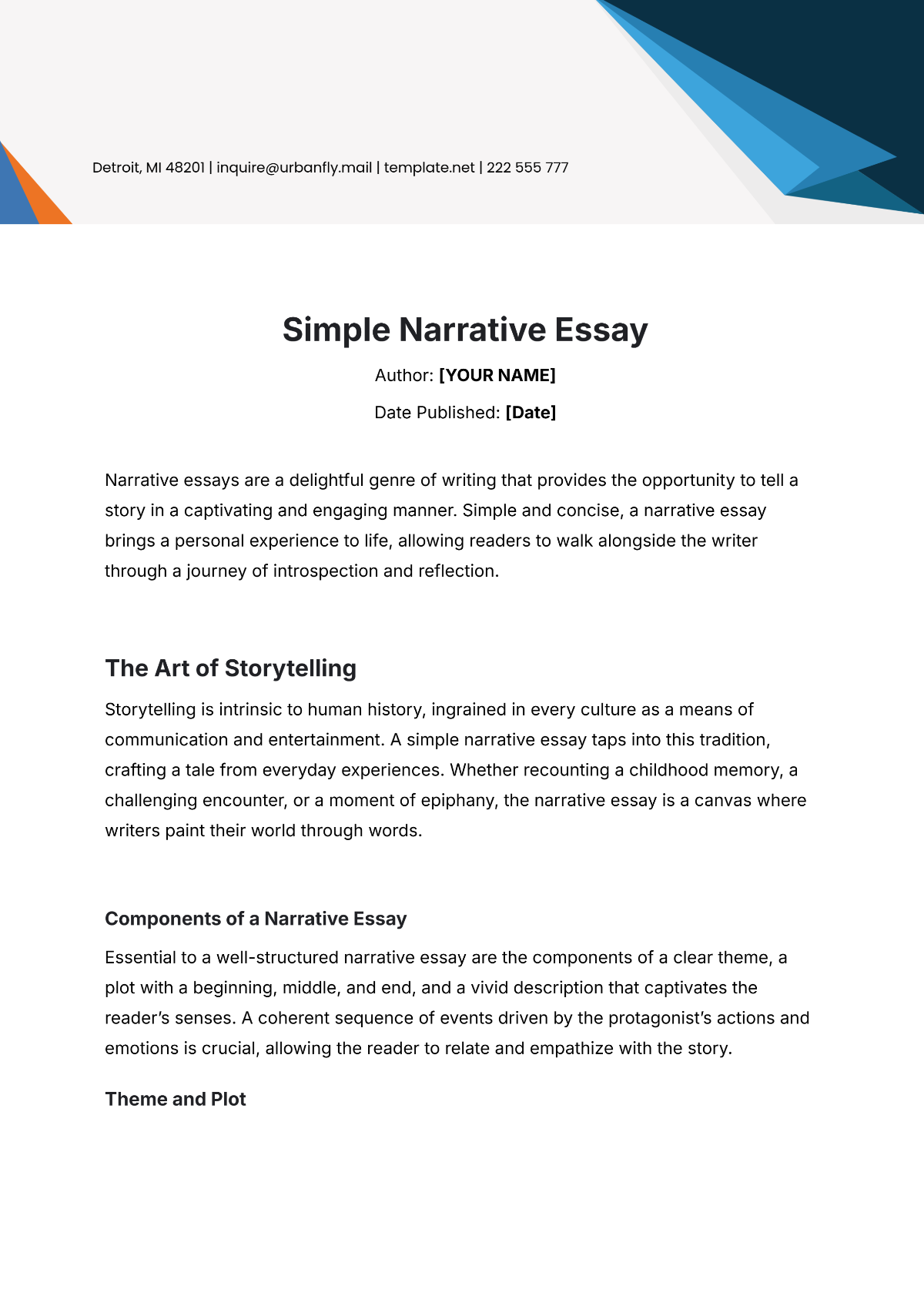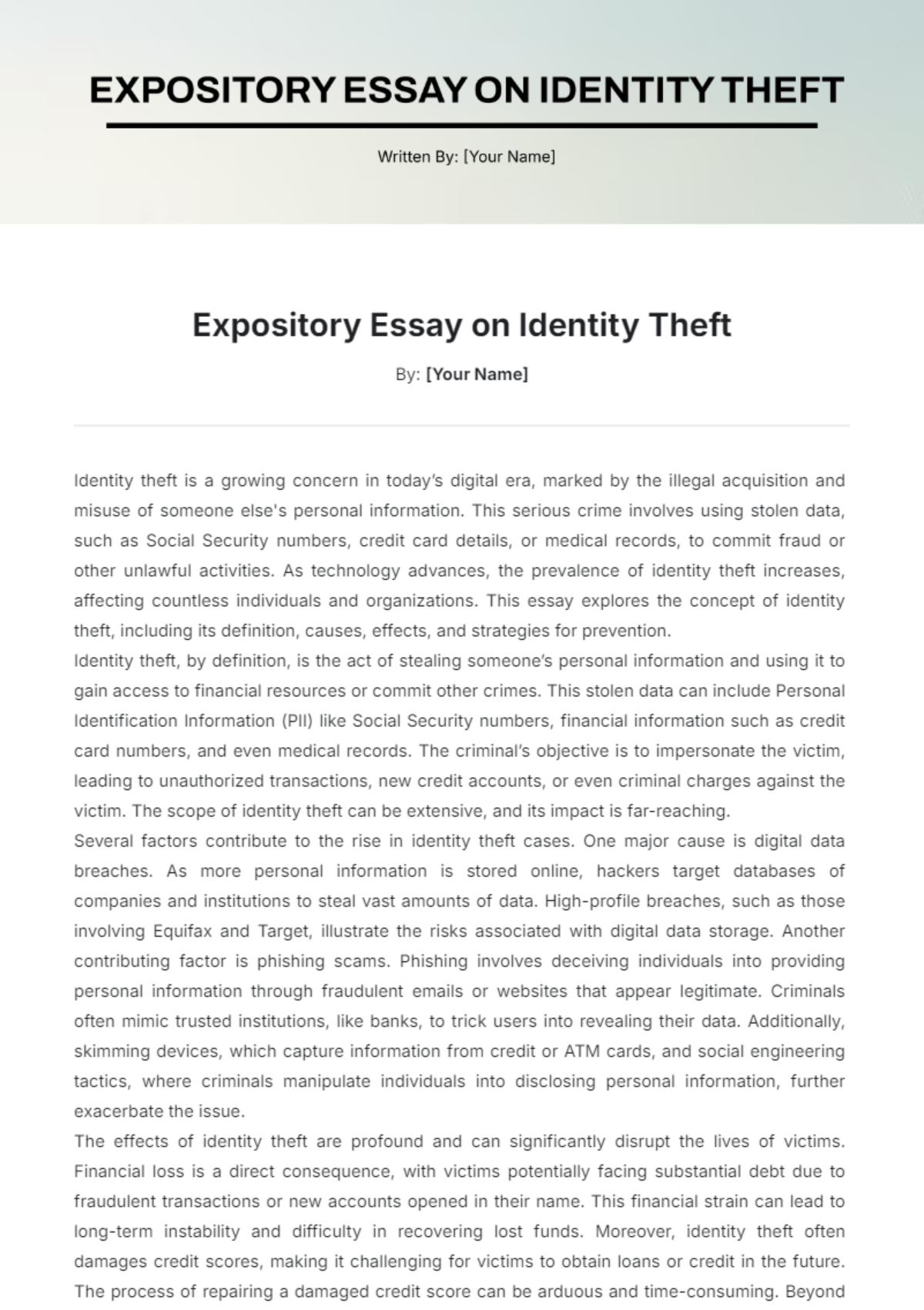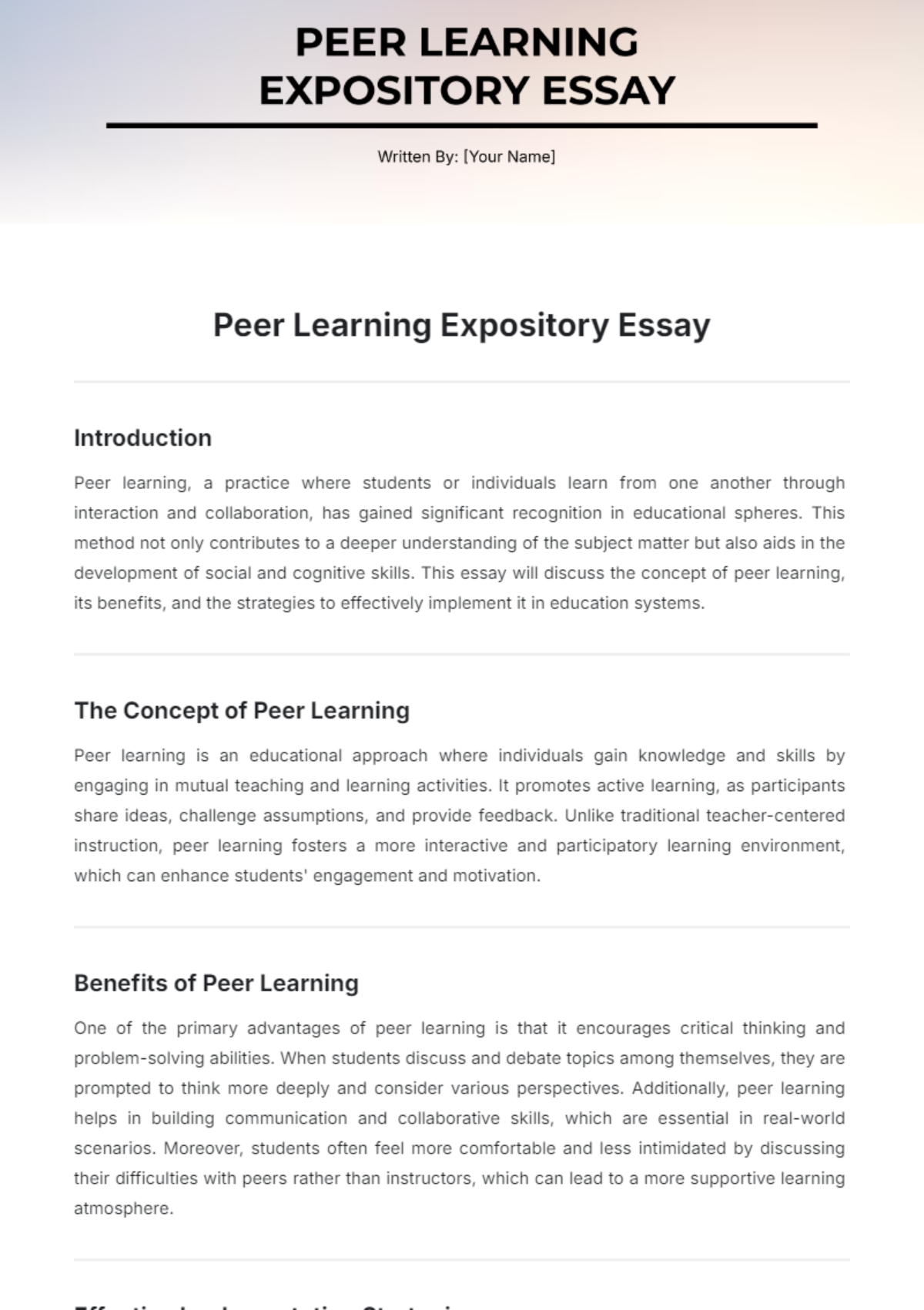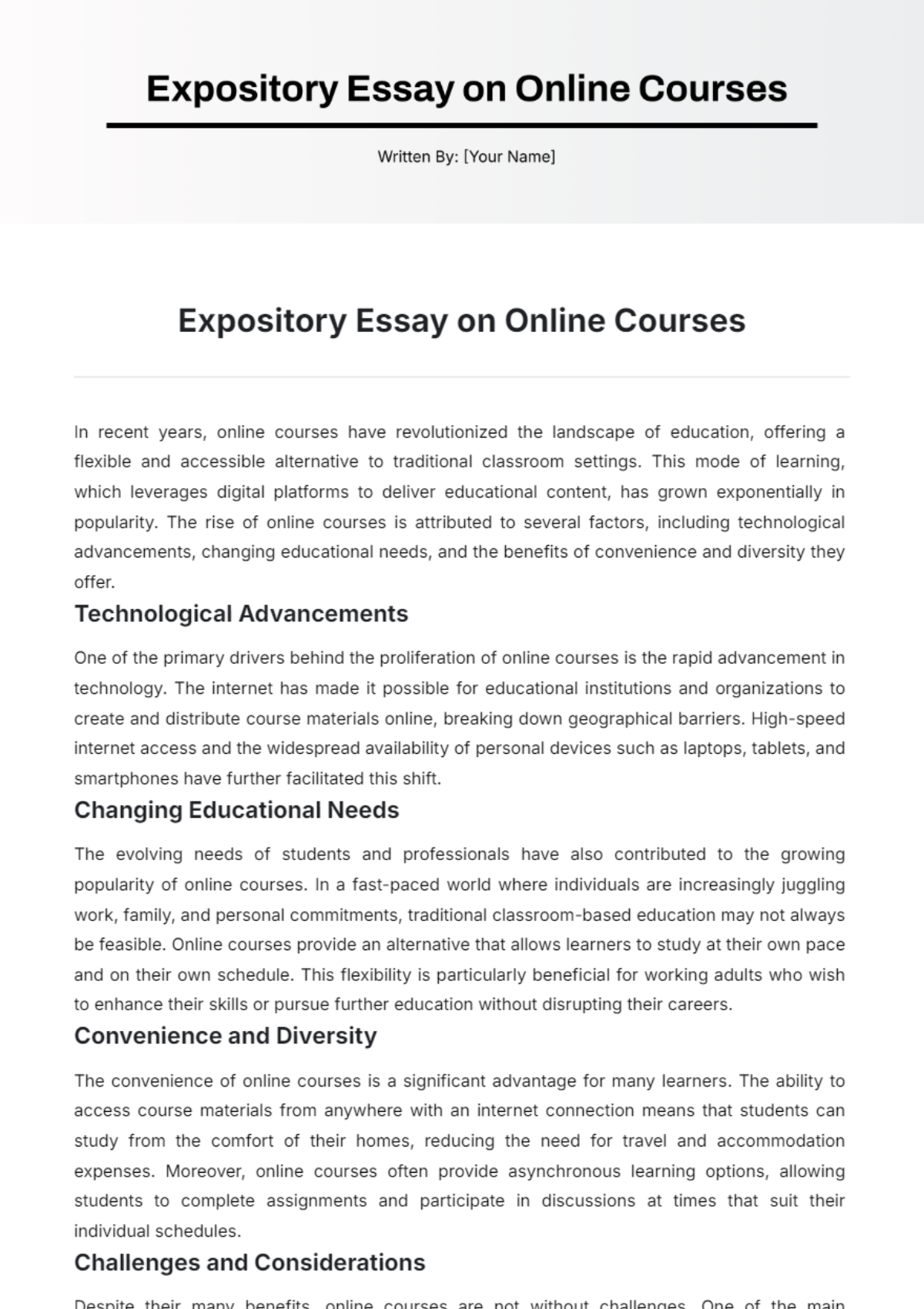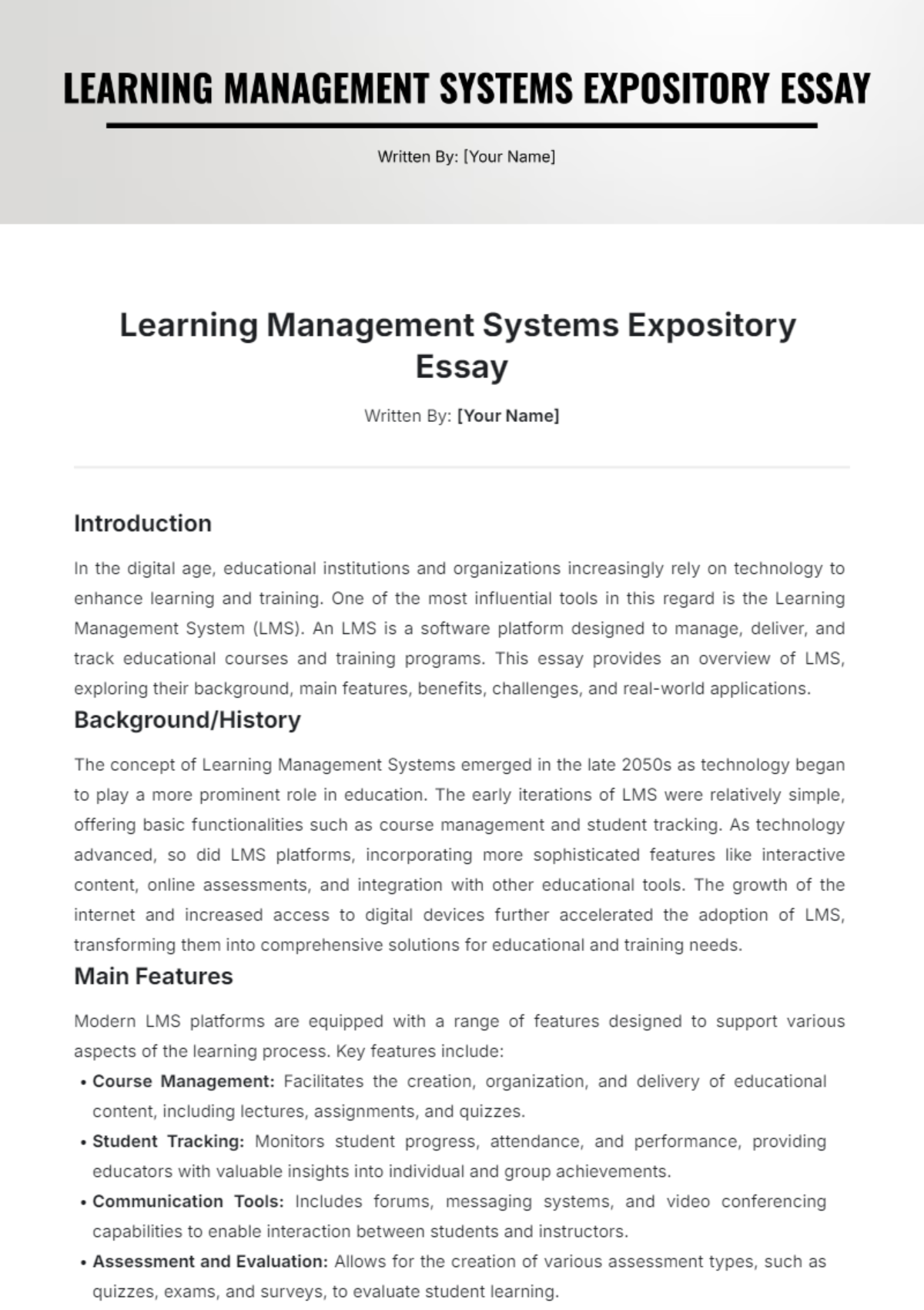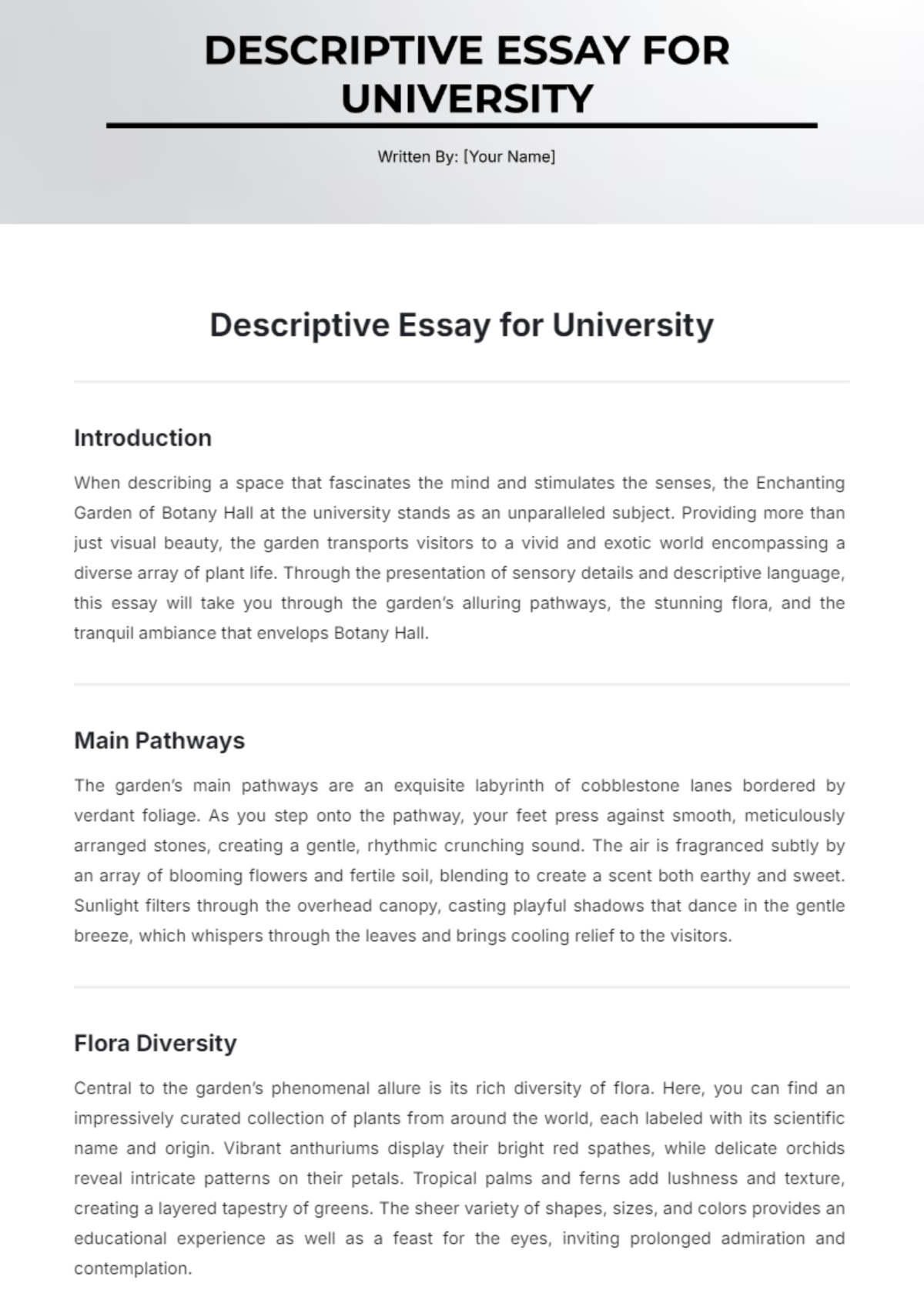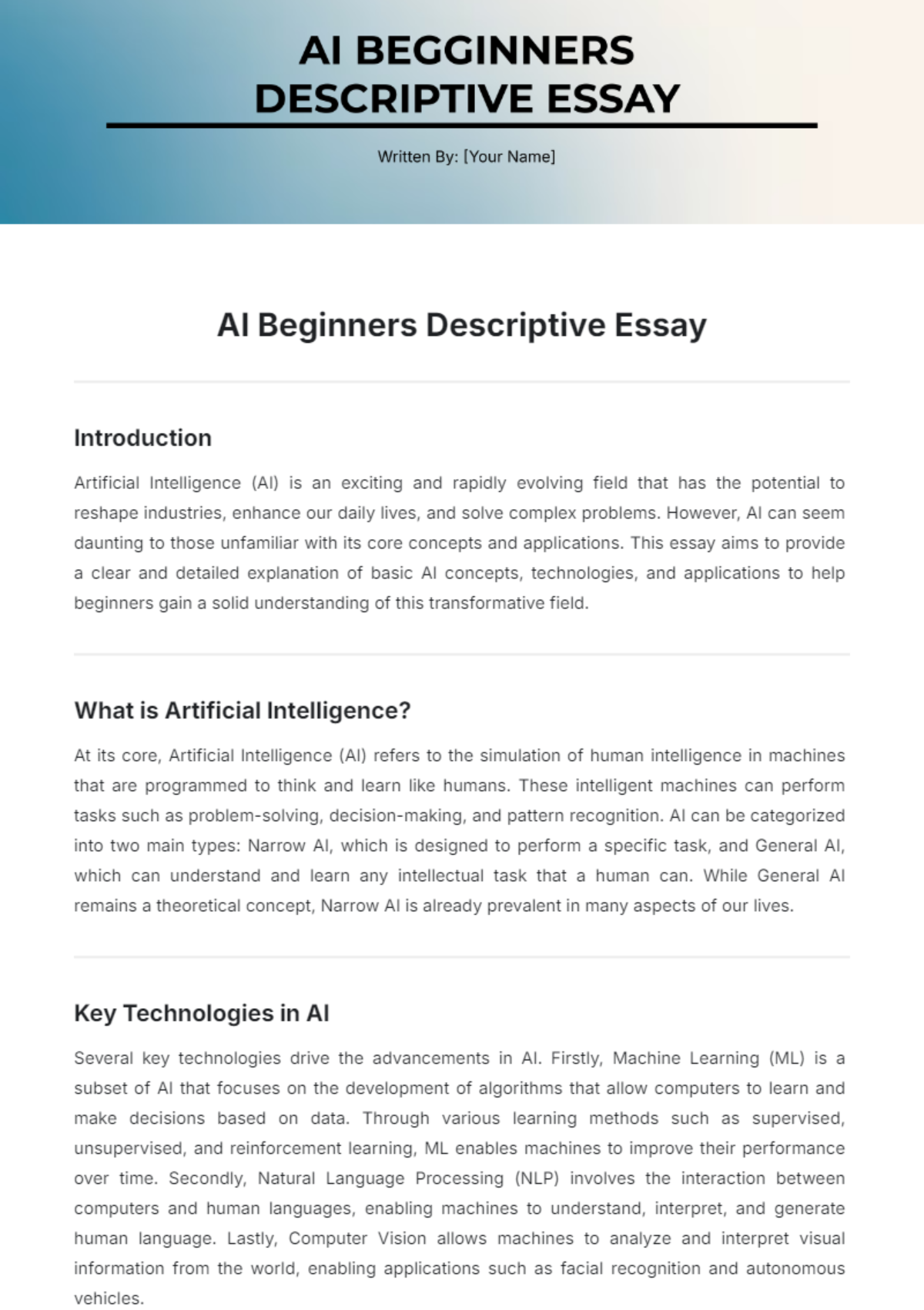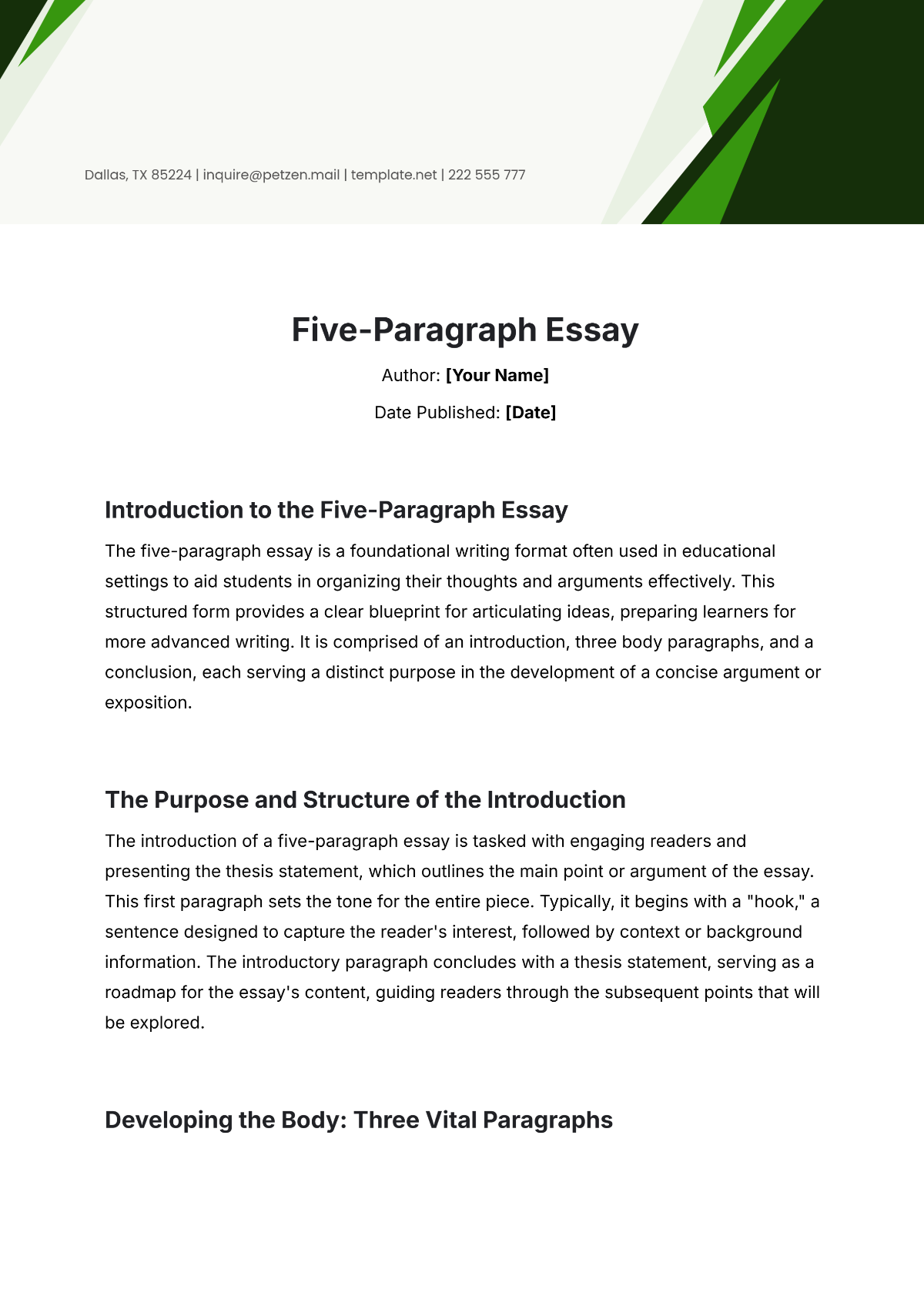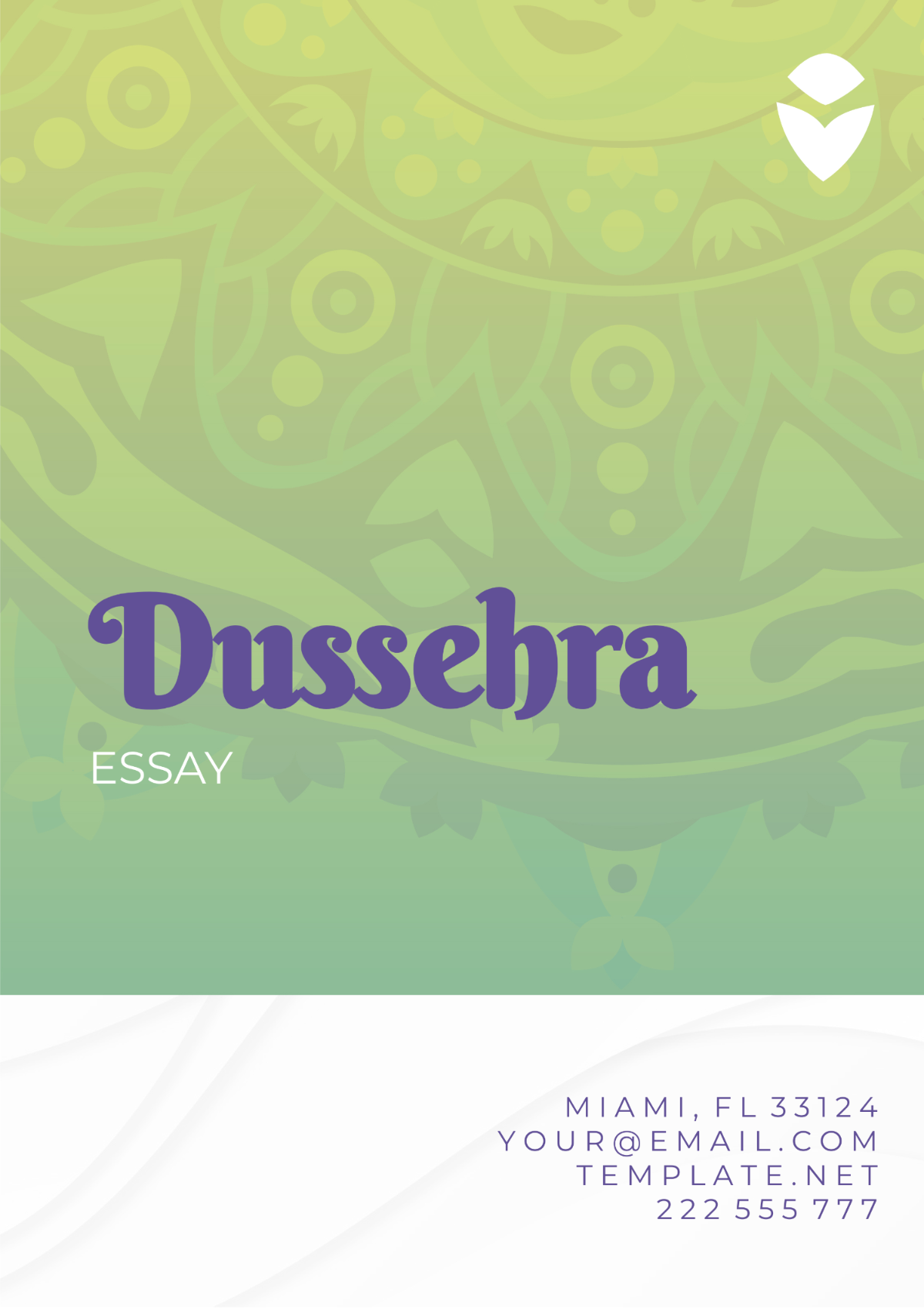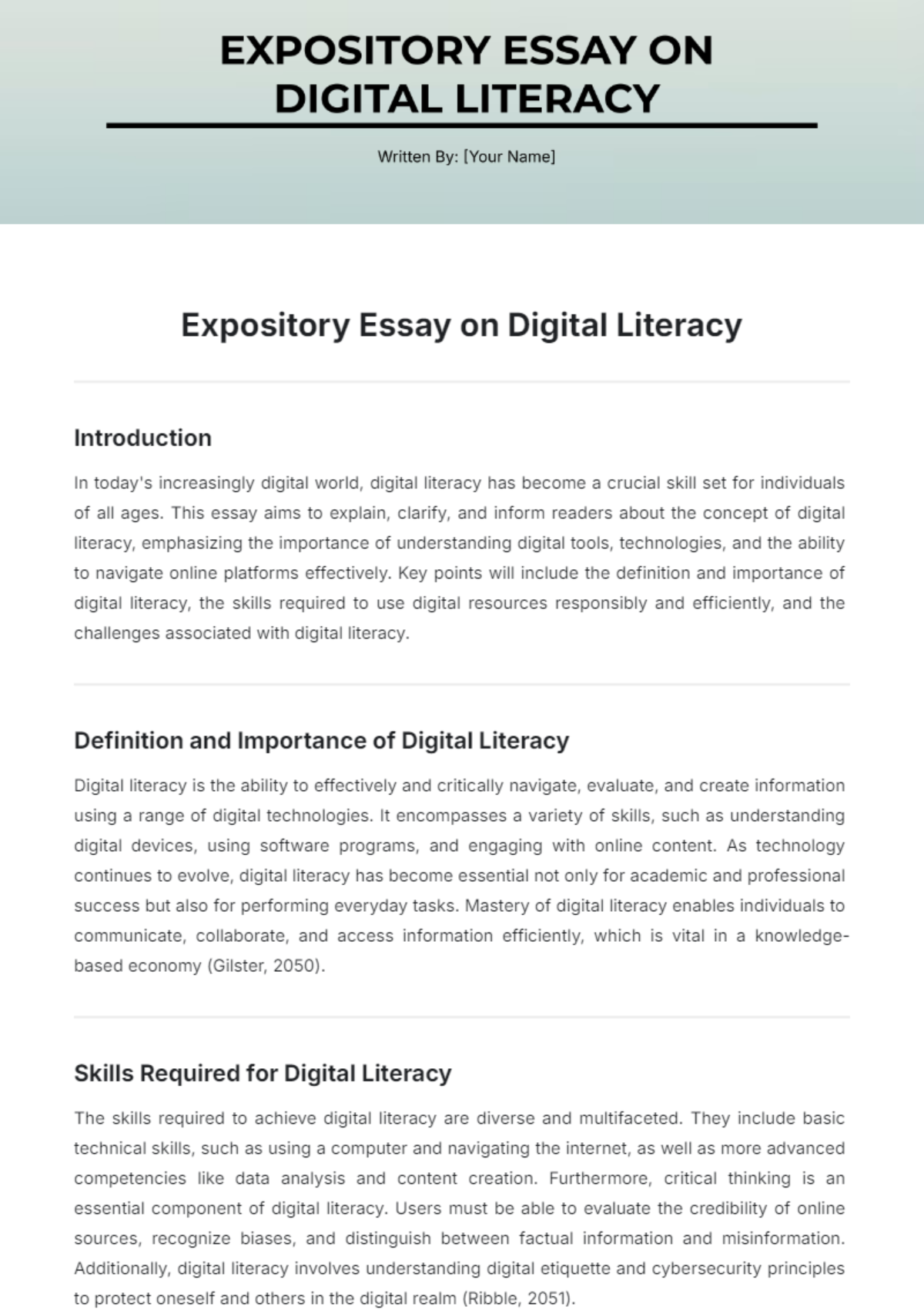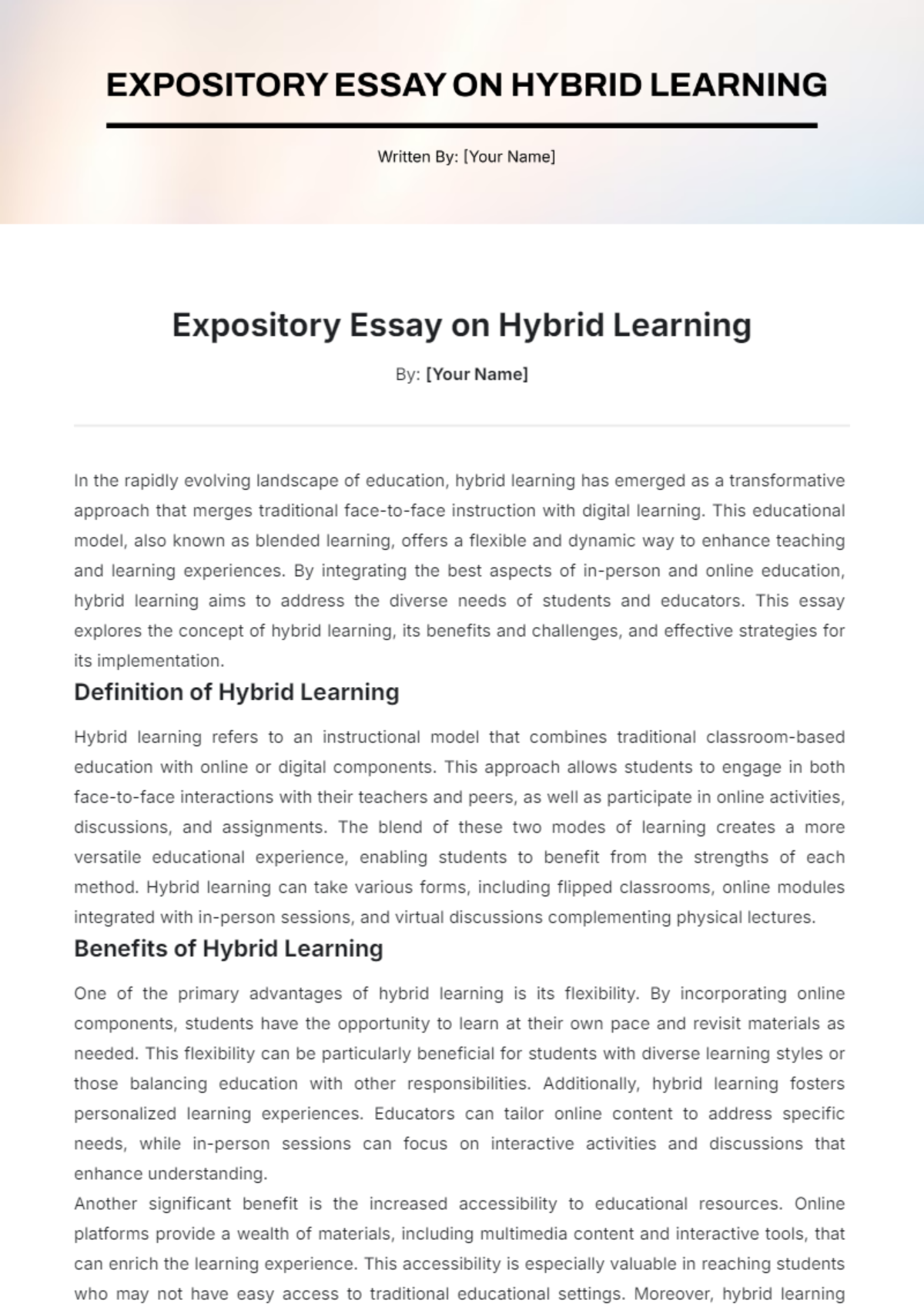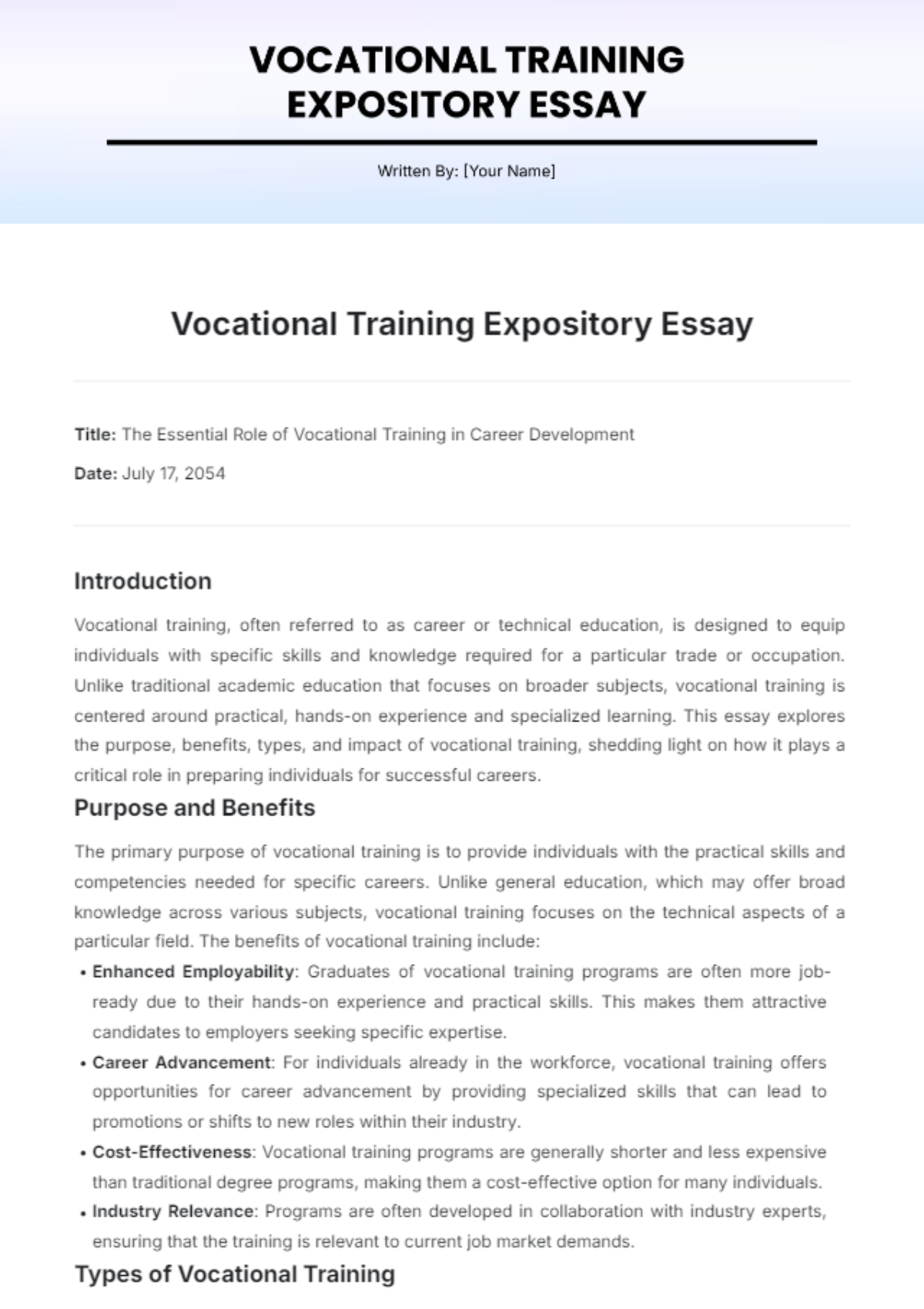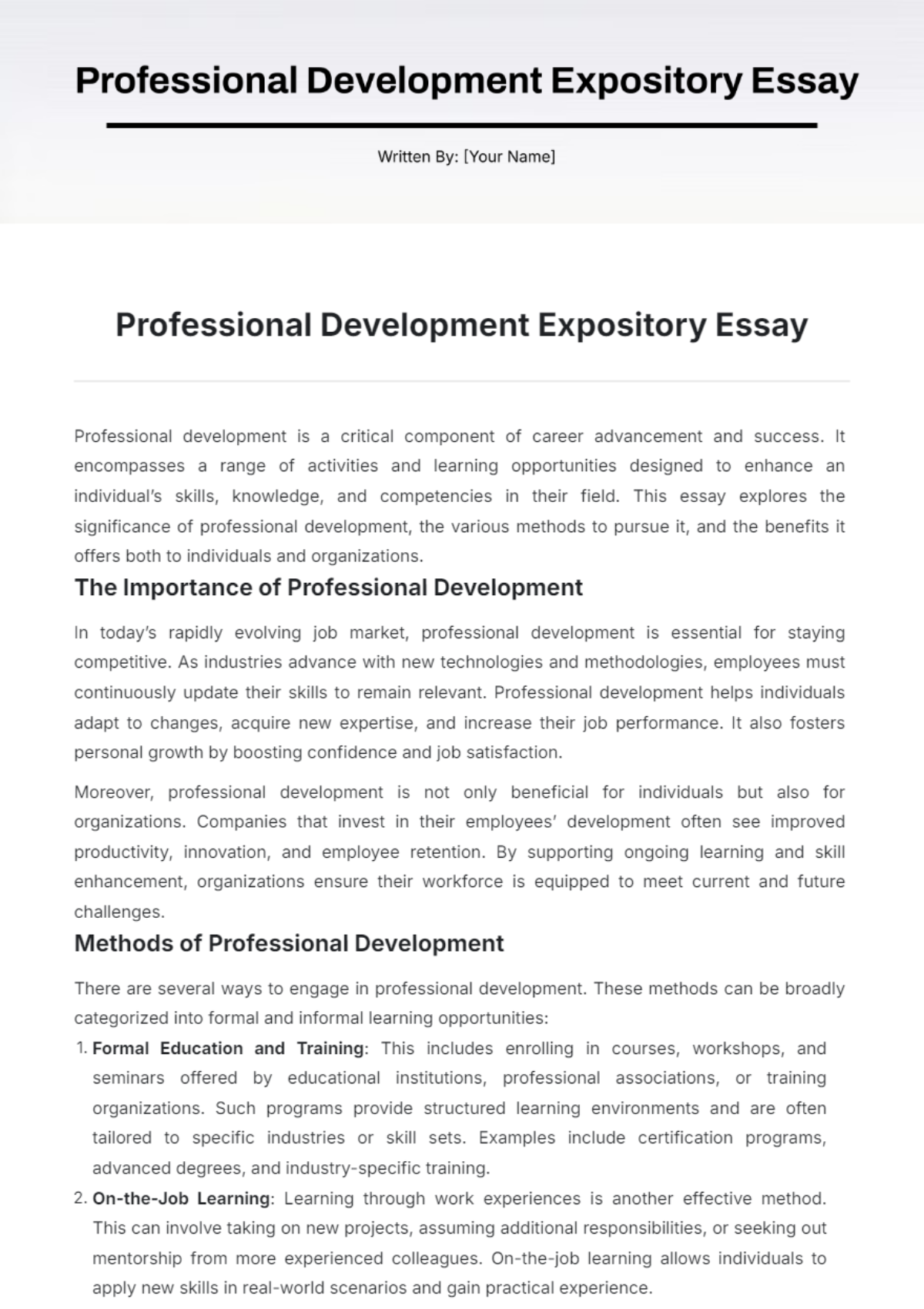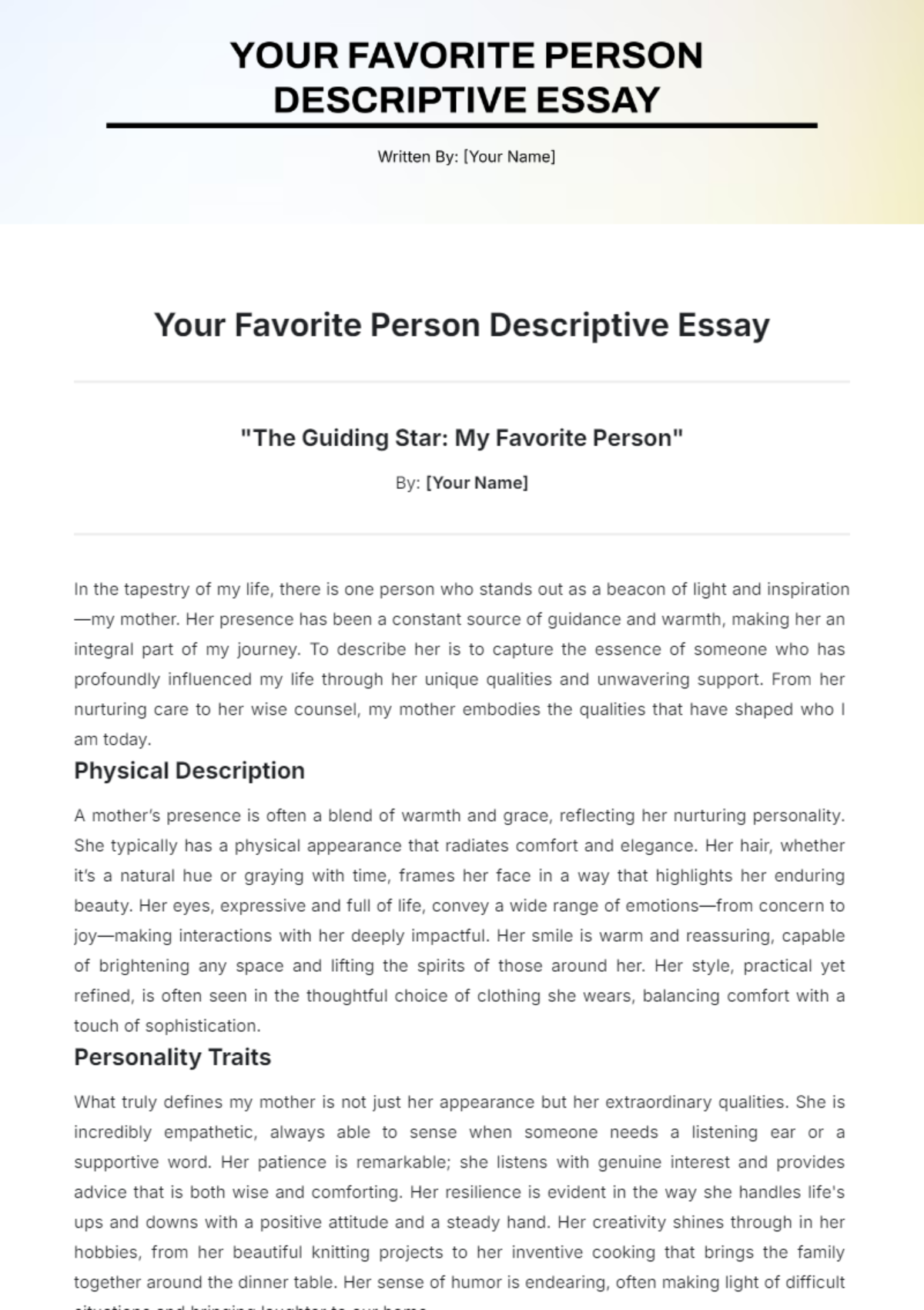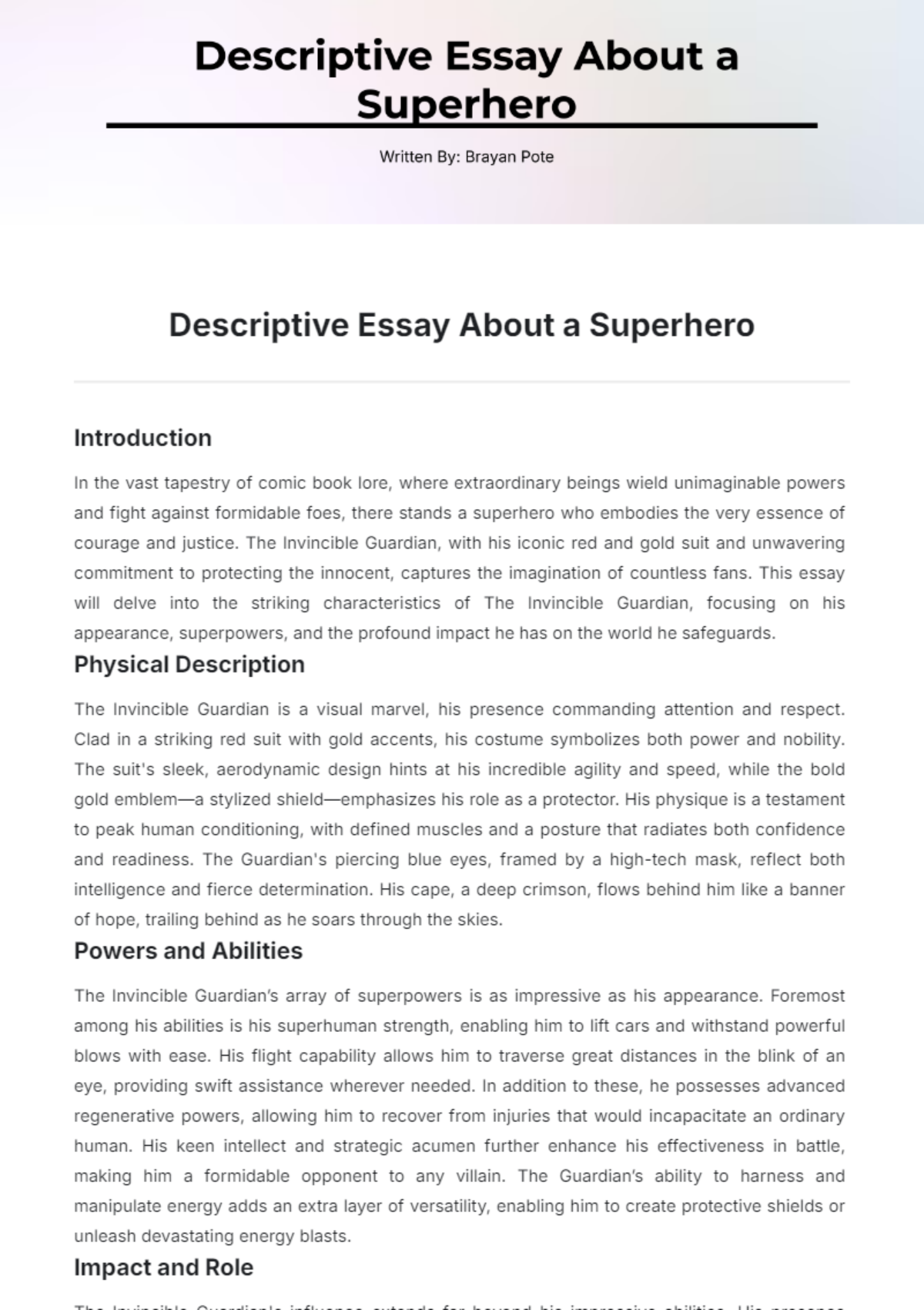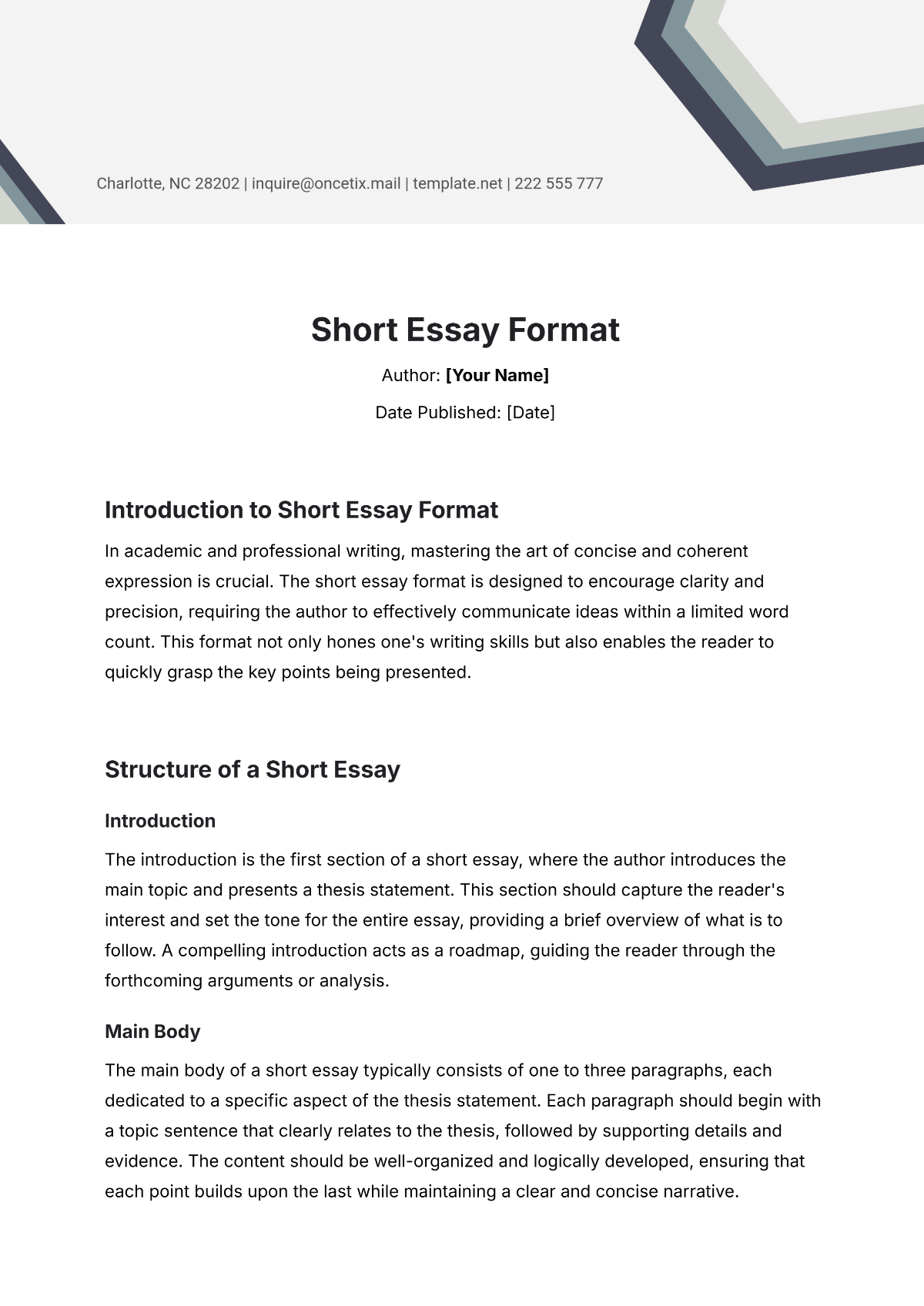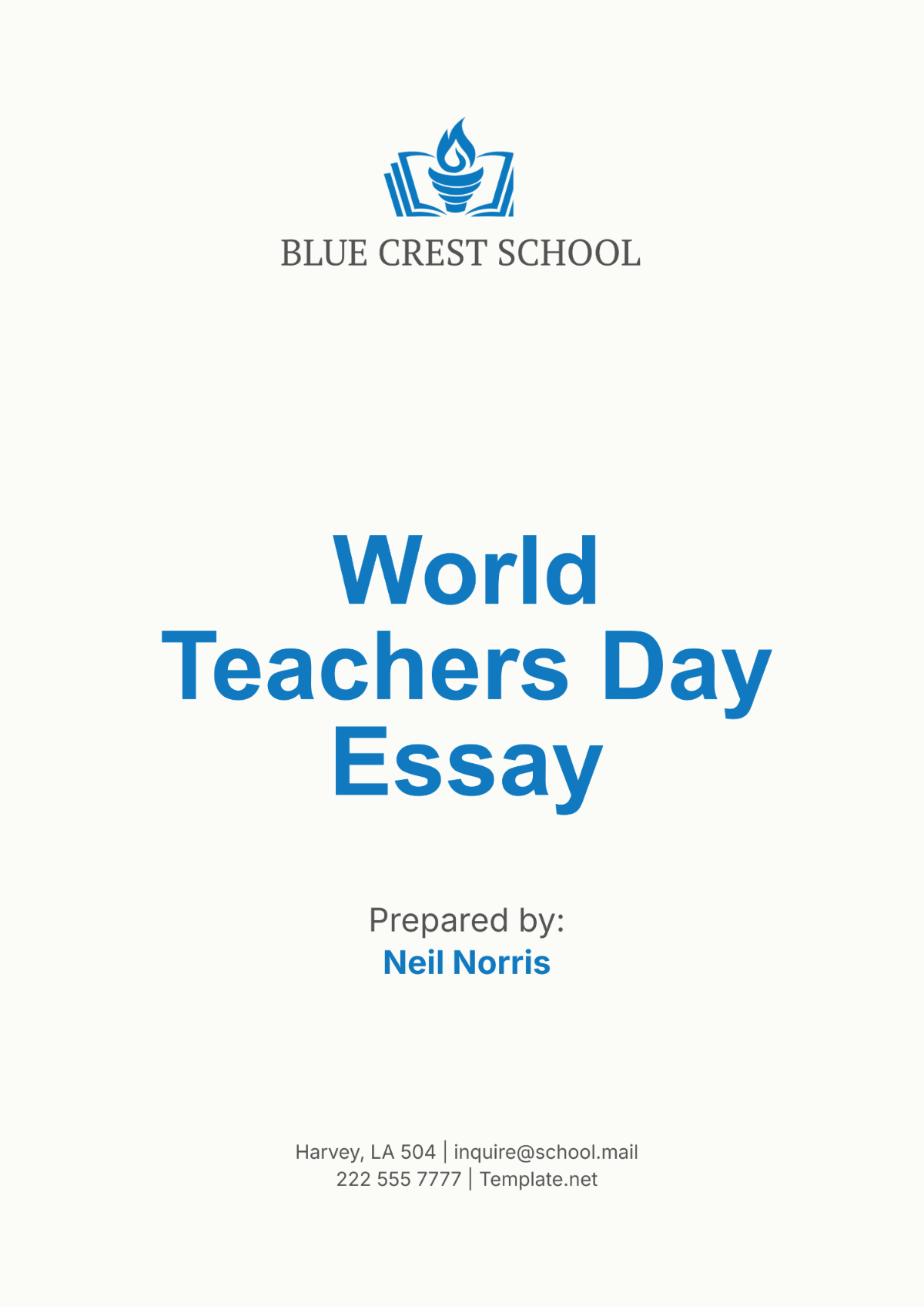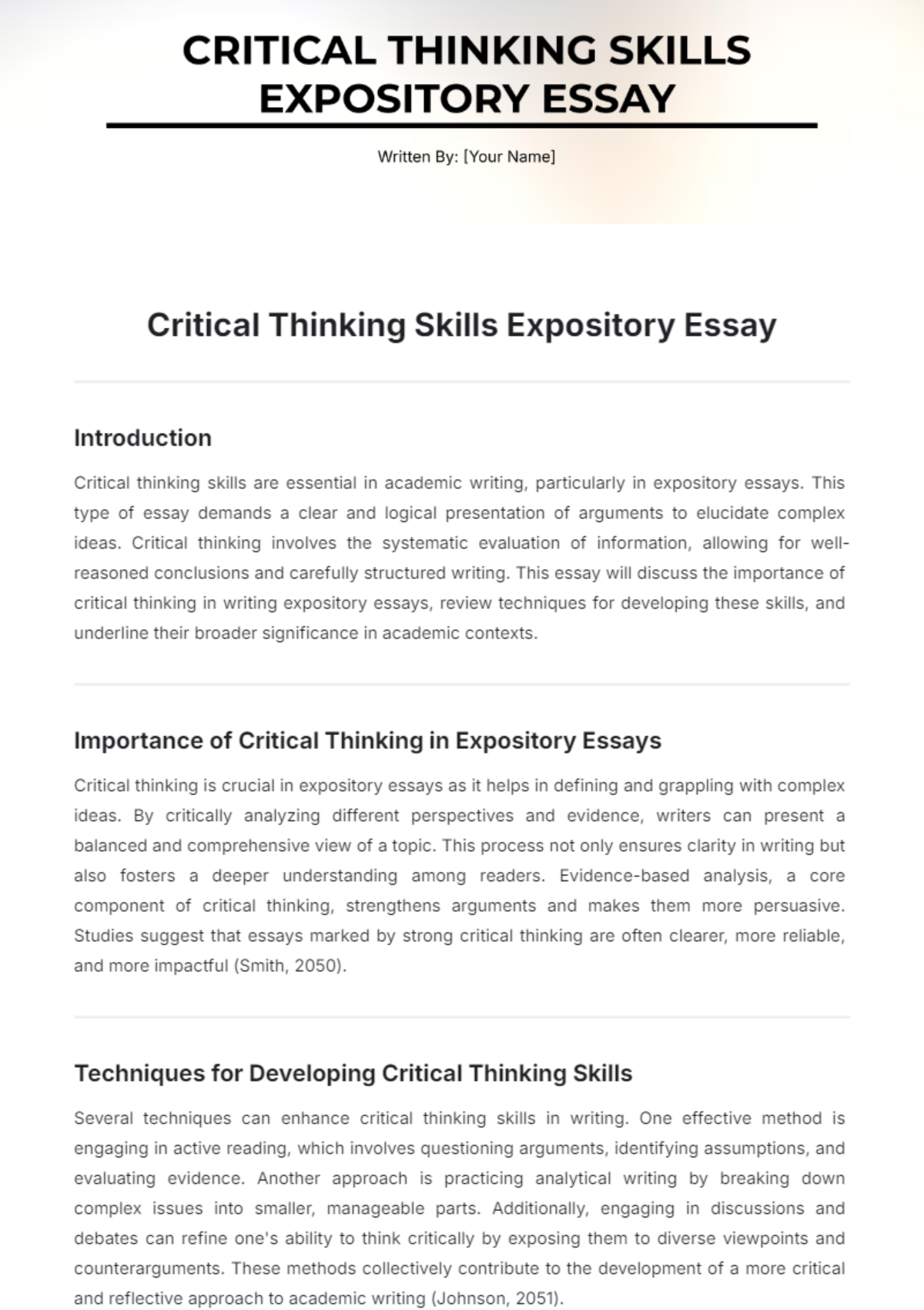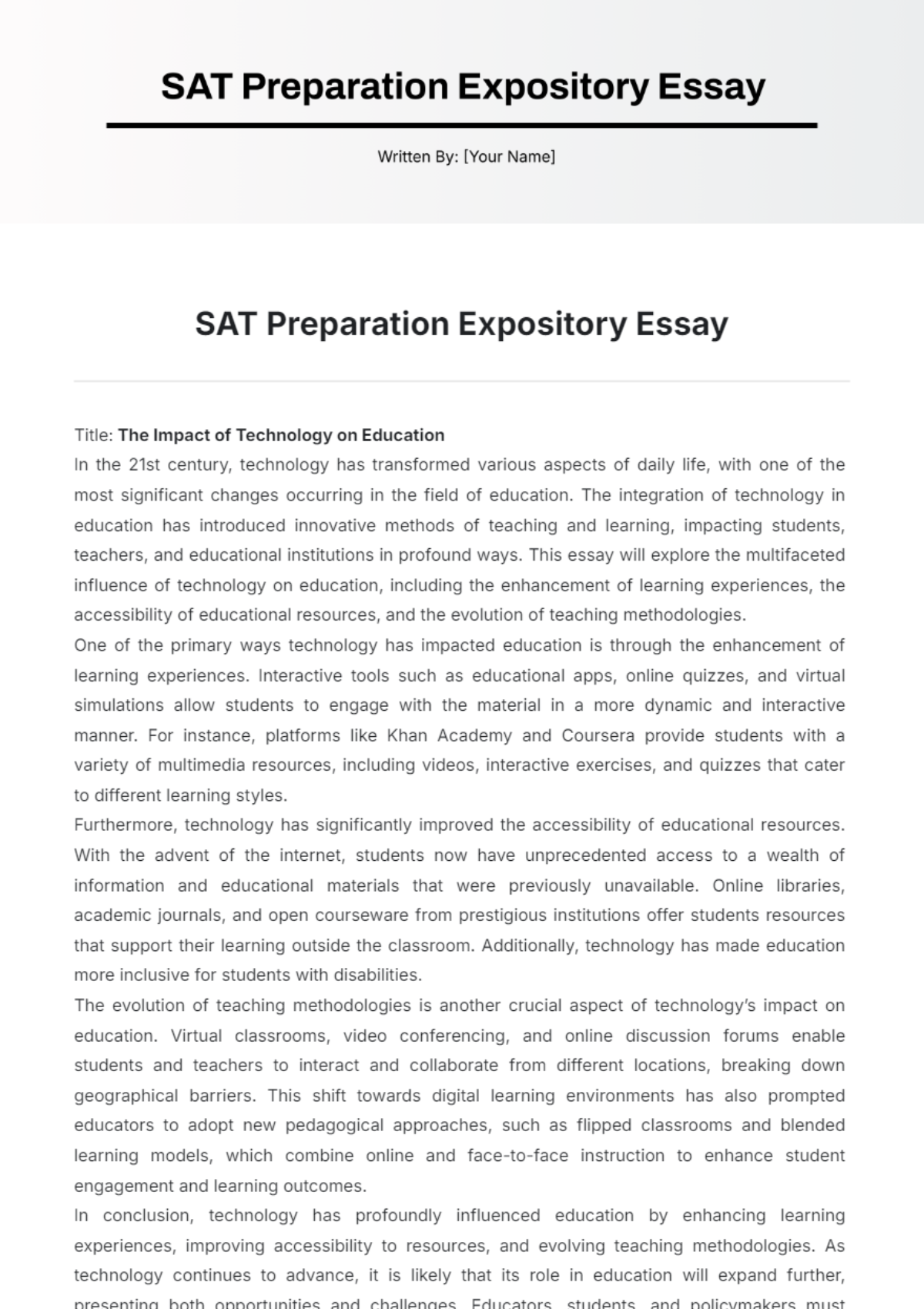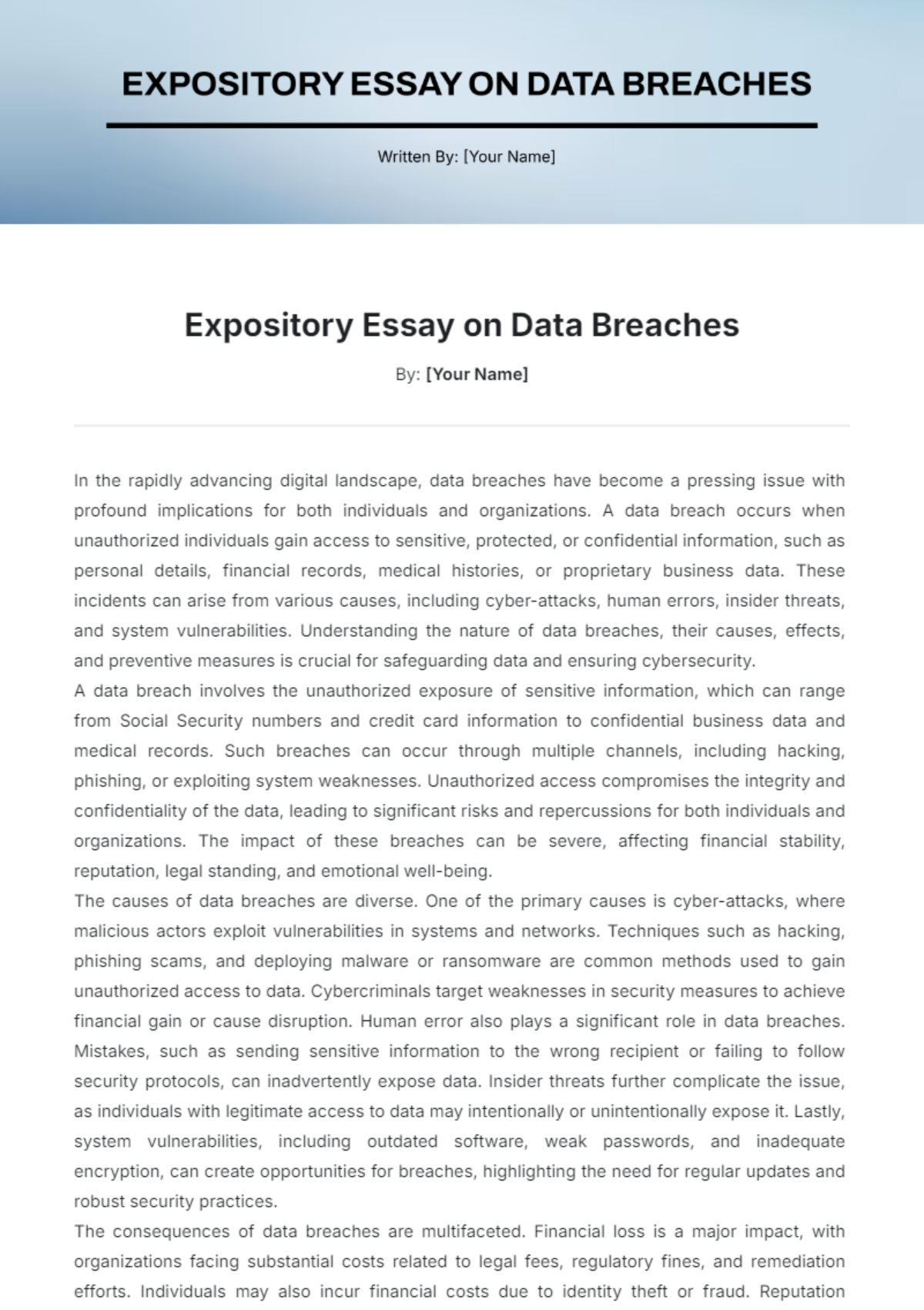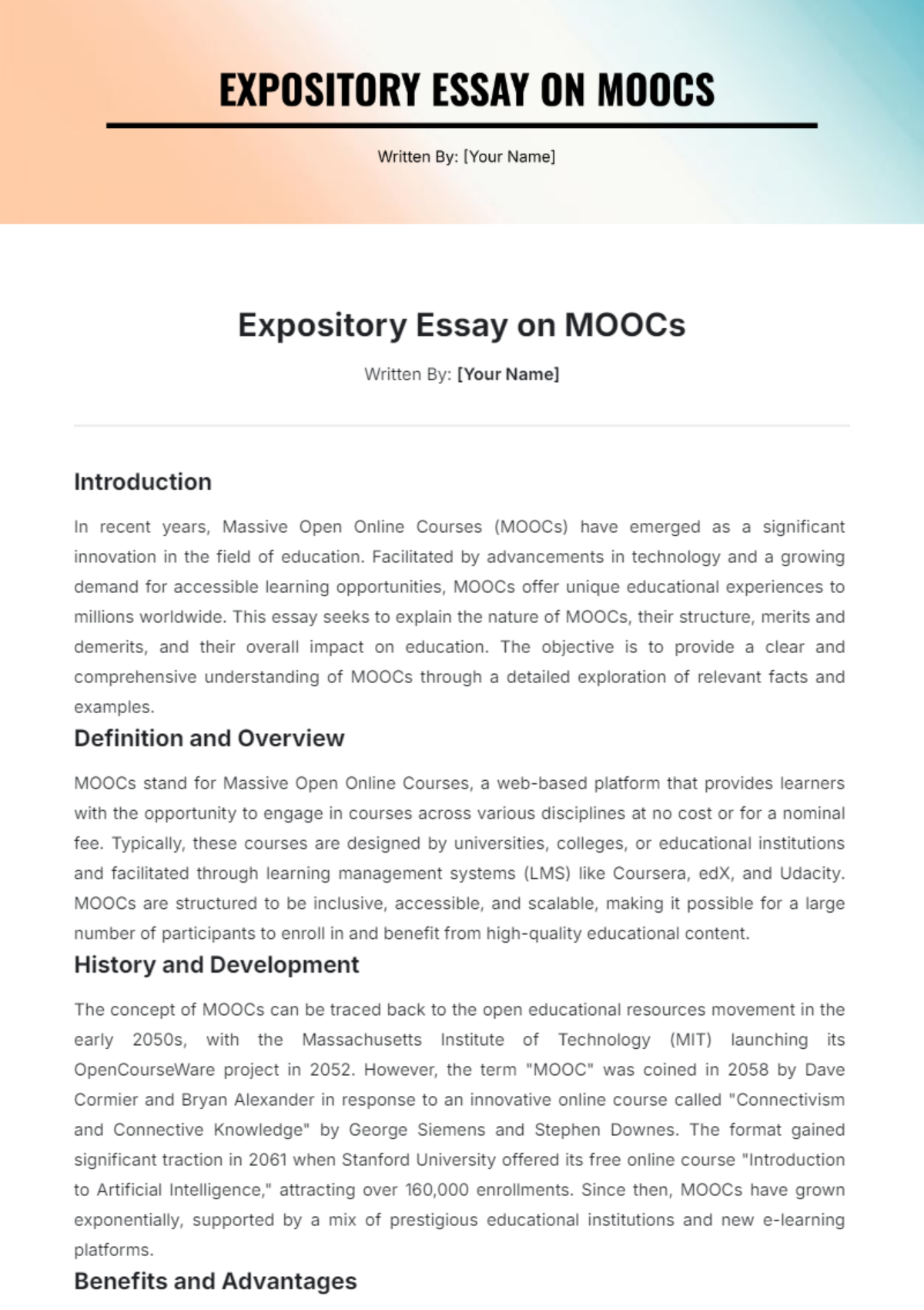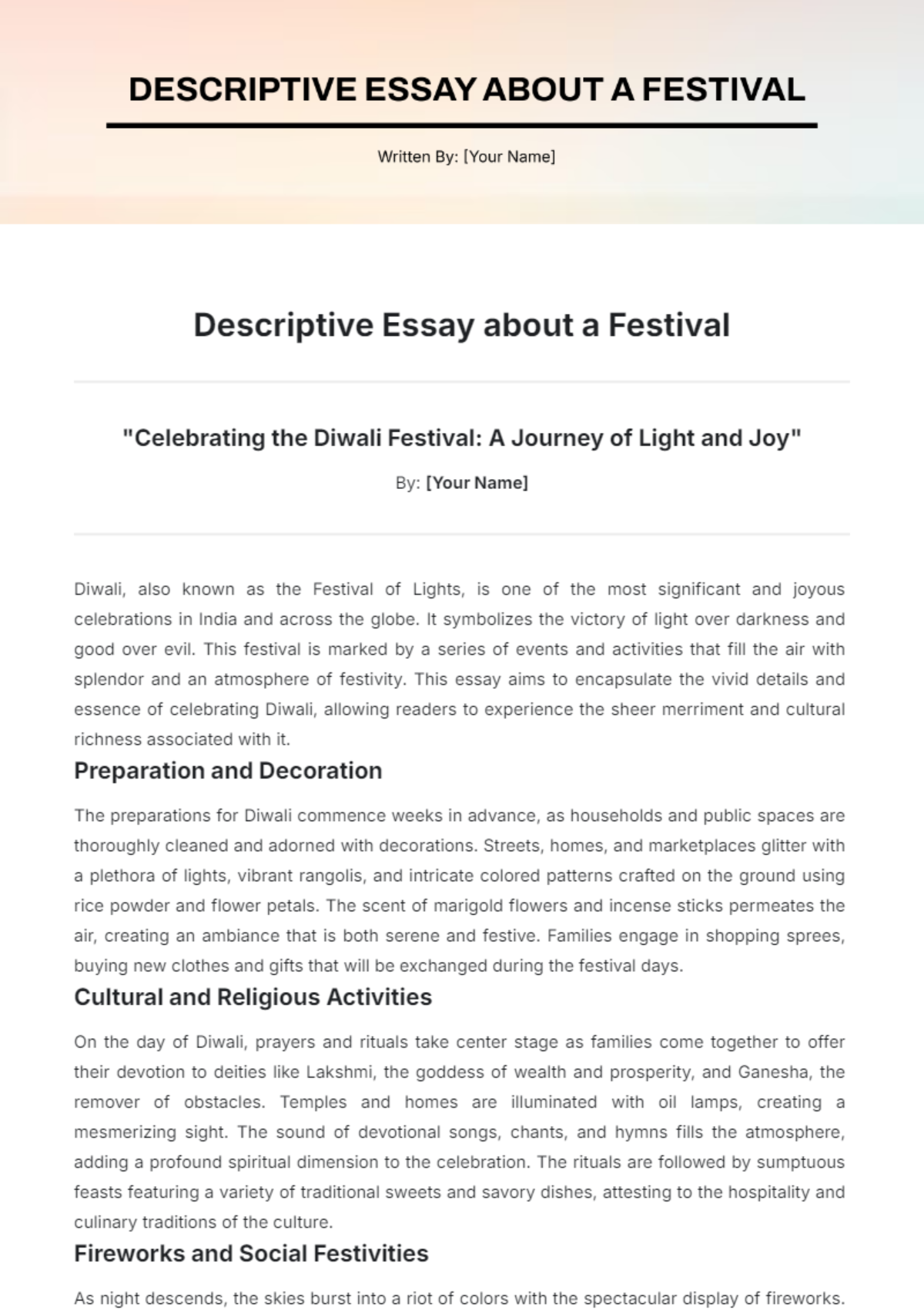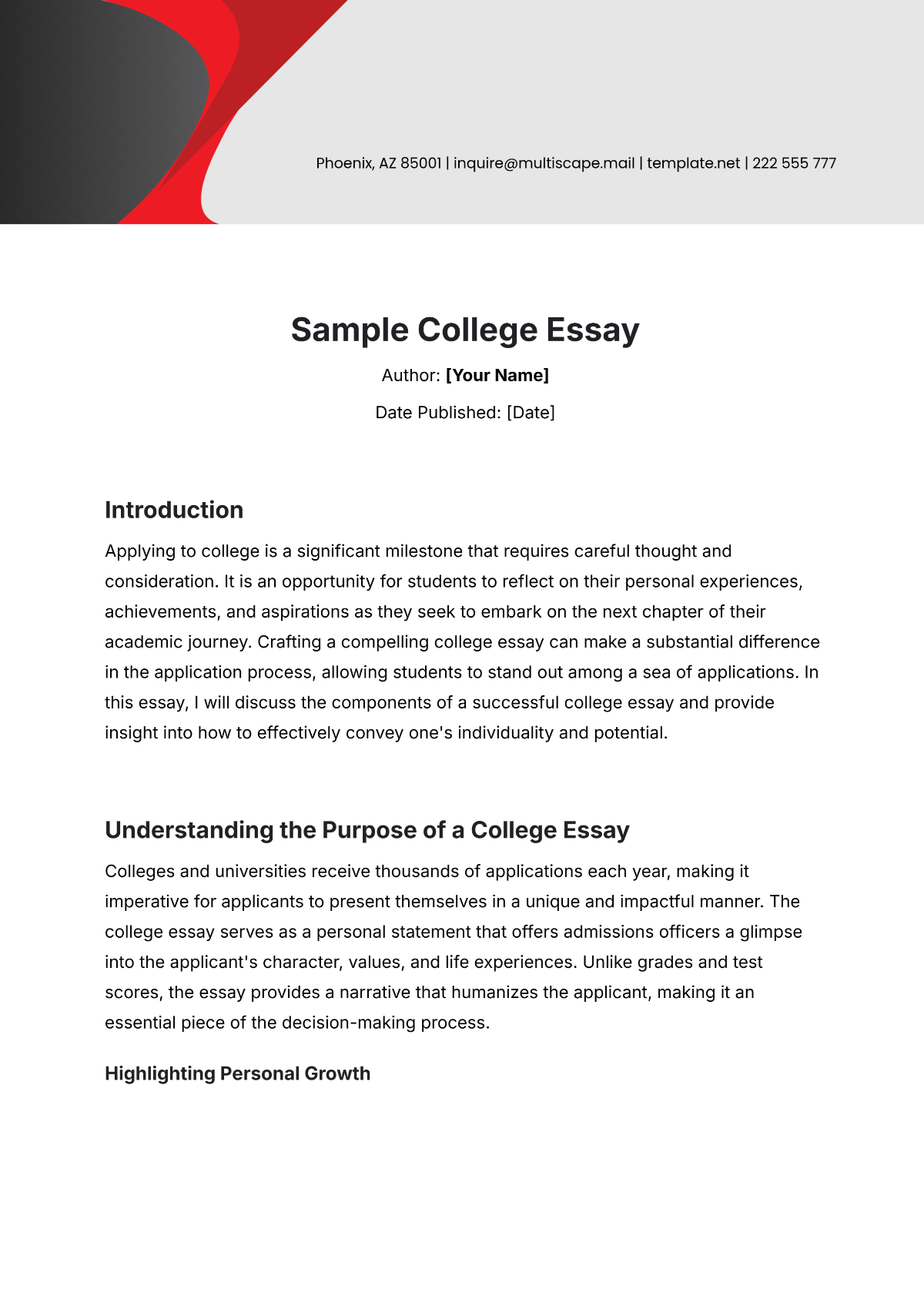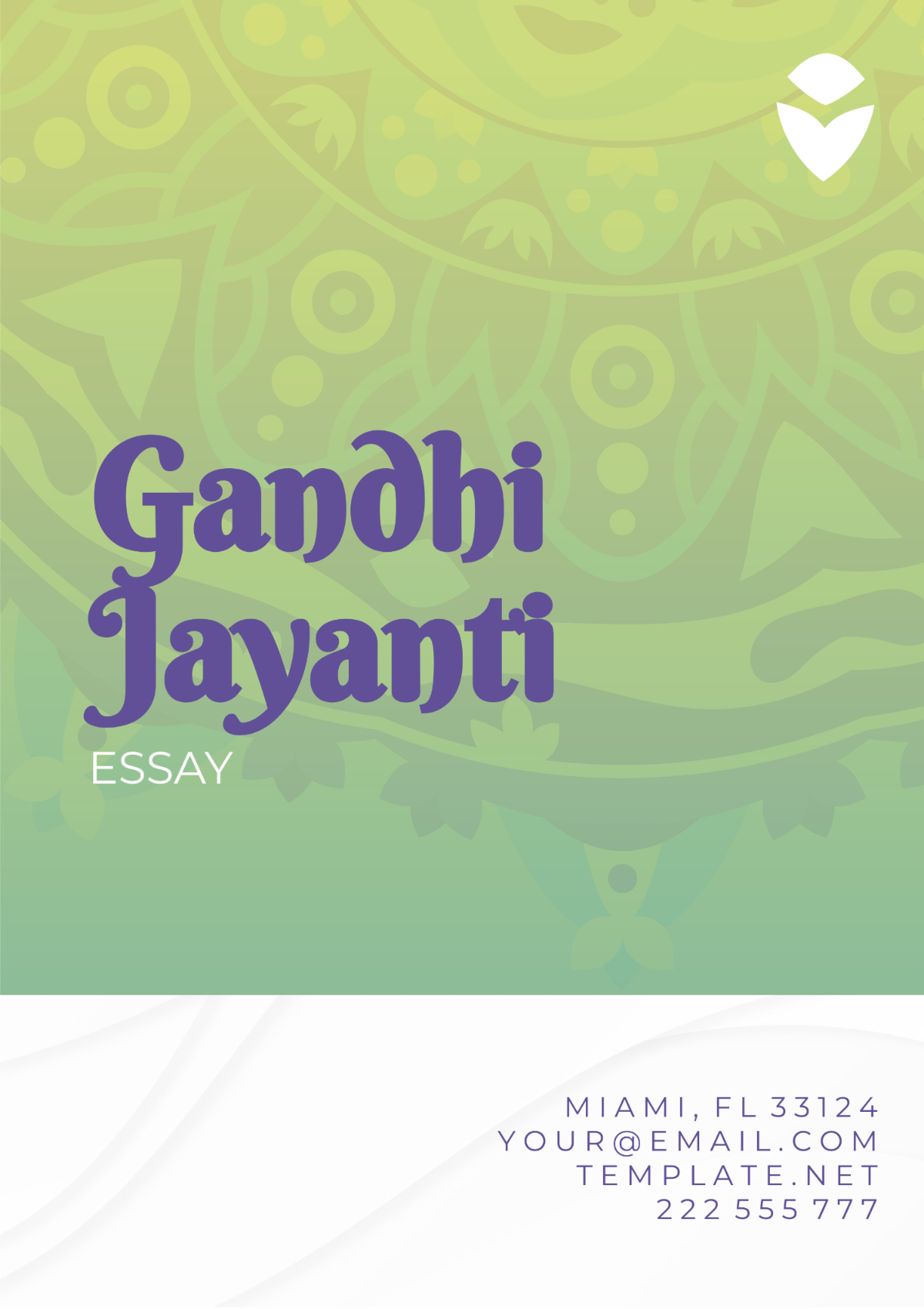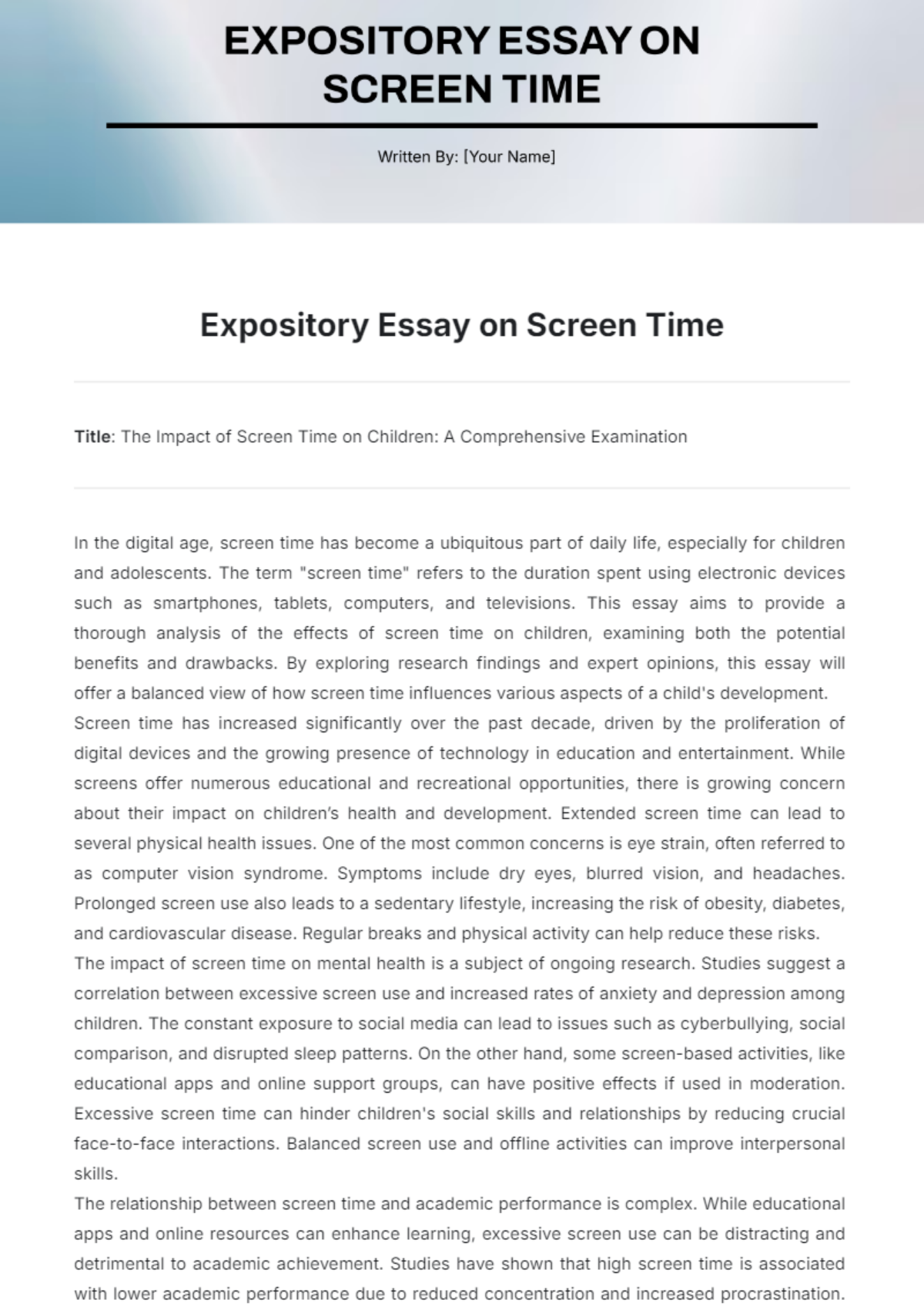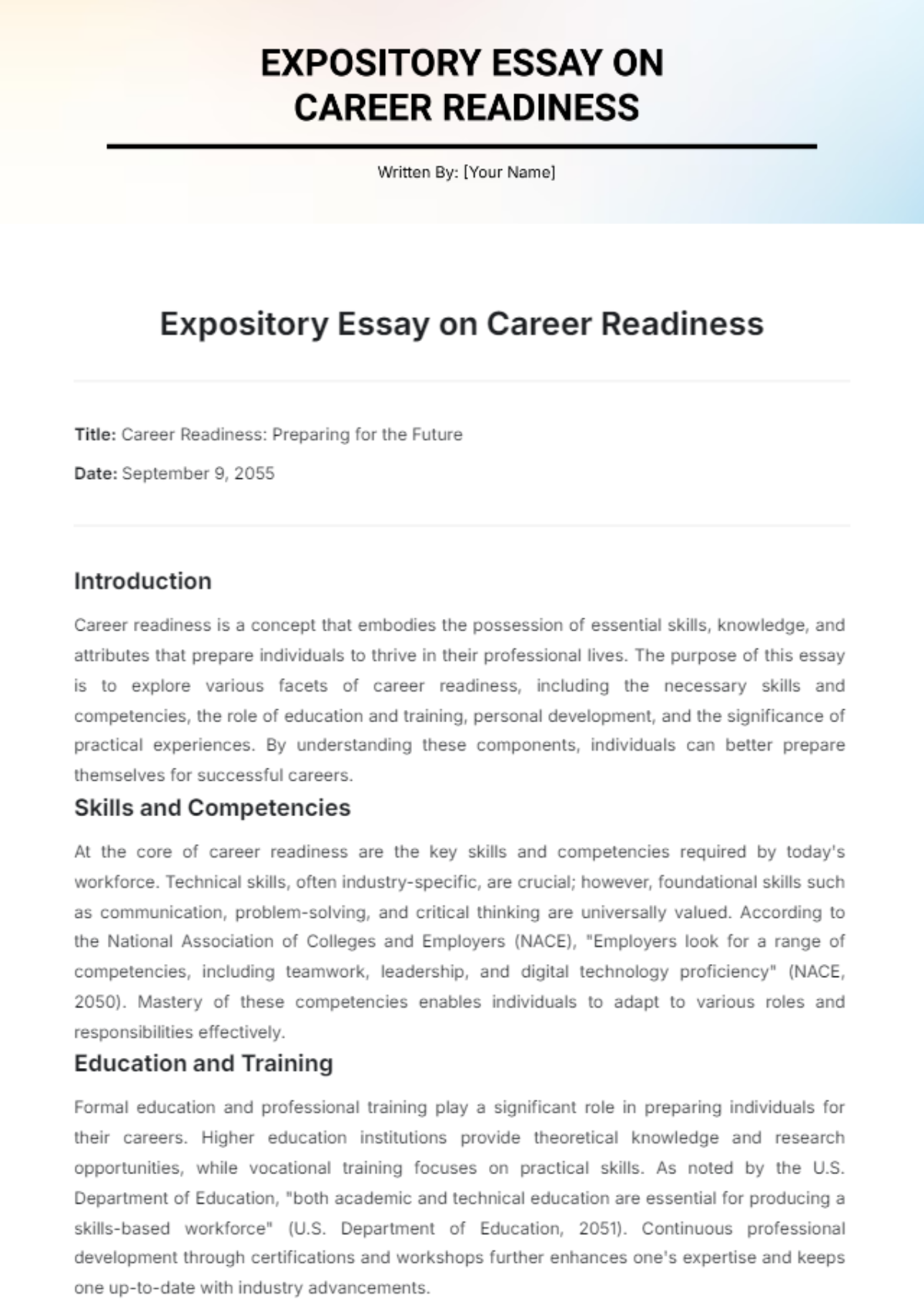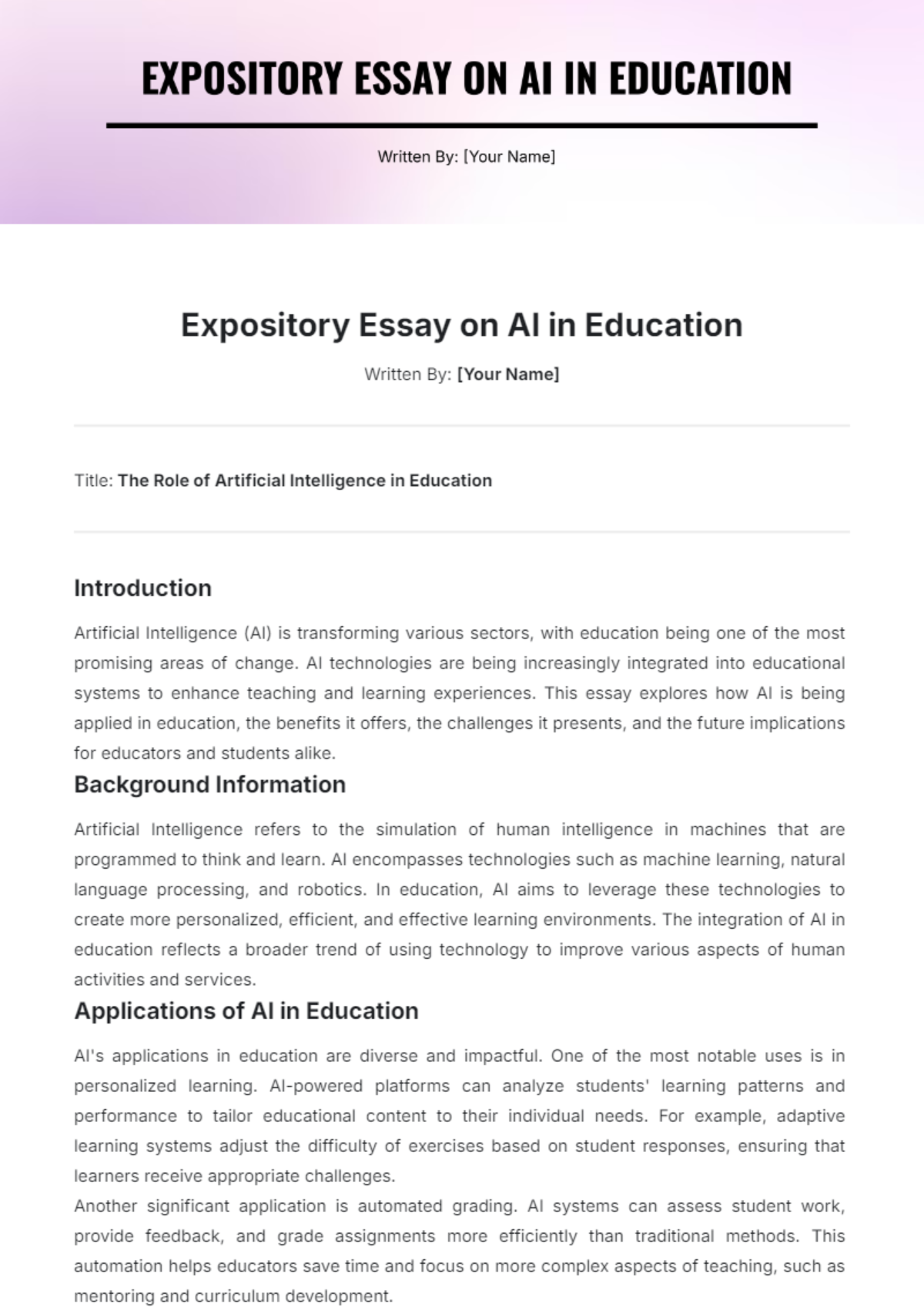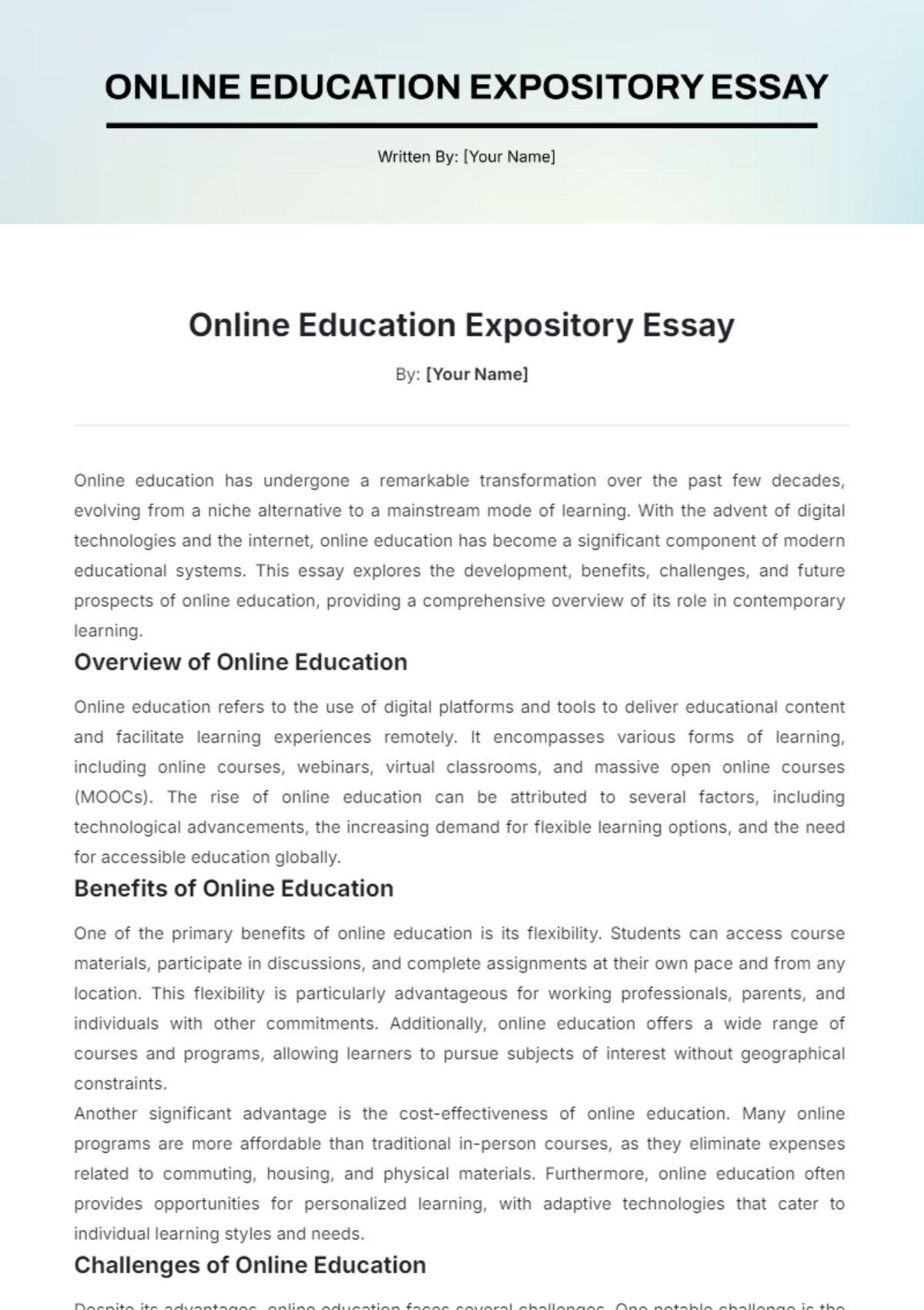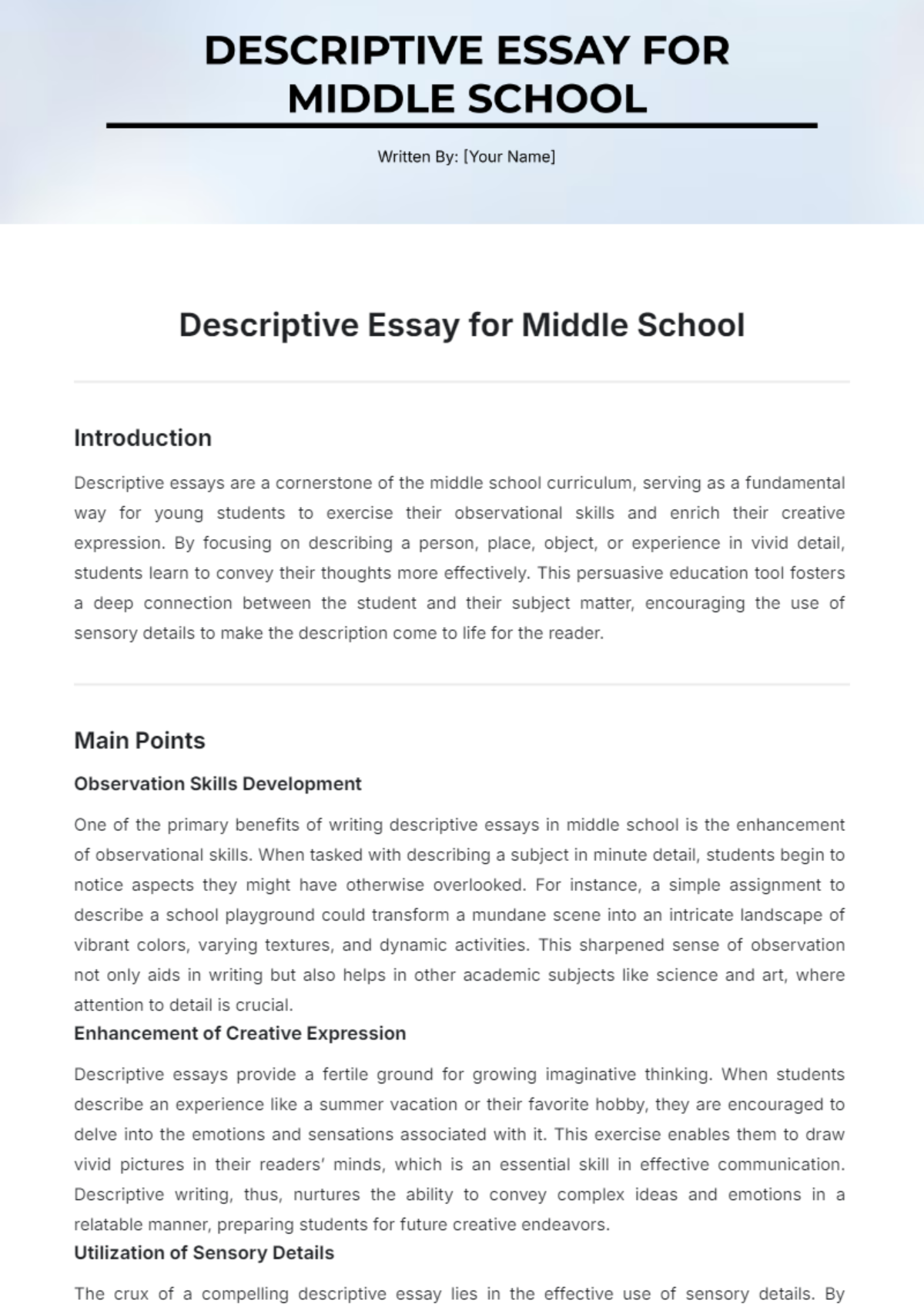Classic Novel on Modern Life Descriptive Essay
Written by: [YOUR NAME]
Classic literature, often seen as antiquated and distant, holds an enduring relevance that transcends time. These narratives delve into universal themes such as love, greed, societal expectation, and personal growth, providing profound insights into human nature. When viewed through the lens of contemporary life, classic novels offer a unique perspective on modern societal issues. By exploring themes, characters, and societal reflections from these timeless works, one can uncover the enduring connections between the past and the present.
Themes from classic novels often resonate with today's societal issues. For instance, George Orwell's "1984" presents a chilling portrayal of a dystopian society where government surveillance and totalitarian control dominate. This theme is strikingly relevant in the modern era, where debates around privacy, data security, and government oversight are pervasive. Similarly, Jane Austen's "Pride and Prejudice" explores themes of social class and marriage, which continue to reflect contemporary discussions on social mobility and the dynamics of relationships. By examining these themes, readers can draw parallels between the historical context of these novels and current societal trends.
In addition to themes, the characters in classic novels offer a mirror to modern individuals. Consider the character of Holden Caulfield in J.D. Salinger's "The Catcher in the Rye." Holden's struggles with identity, alienation, and his quest for authenticity resonate deeply with today’s youth facing similar challenges in an increasingly complex and digital world. Another pertinent example is F. Scott Fitzgerald's "The Great Gatsby." Jay Gatsby's ambition and his pursuit of the American Dream reflect modern desires for success and the often accompanying disillusionment. These characters' journeys provide valuable insights into human behavior and societal norms, emphasizing the timeless nature of such literary creations.
Furthermore, classic novels critique societal structures that are still prevalent today. Charles Dickens's "Great Expectations" critiques the rigid class system and the pursuit of wealth, issues still evident in contemporary discussions around economic inequality and social justice. Similarly, Mary Shelley's "Frankenstein" raises questions about scientific ethics and the consequences of unchecked ambition, echoing modern concerns regarding technological advancements and their potential ramifications. Through these critiques, classic novels encourage readers to reflect on and question the societal constructs and priorities of their own time.
In conclusion, classic novels serve as a rich source of insight into both the past and the present. By exploring themes, characters, and societal reflections, these timeless narratives continue to enlighten and challenge modern readers. They highlight enduring human concerns and critique societal norms, demonstrating a universal relevance that transcends the confines of their original context. As society continues to evolve, the lessons and reflections found in classic literature remain invaluable, offering wisdom and perspective on the complexities of modern life.
Essay Templates @ Template.net
